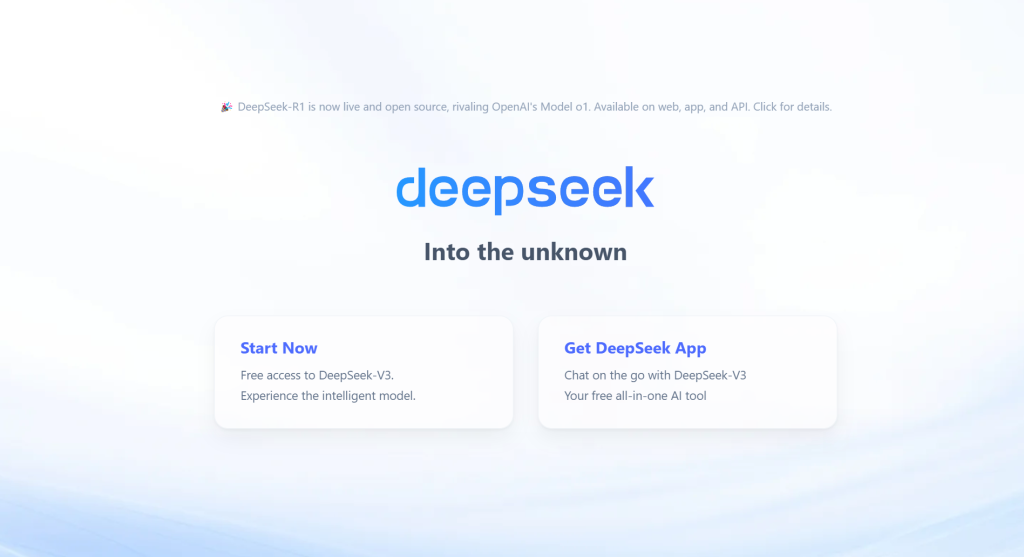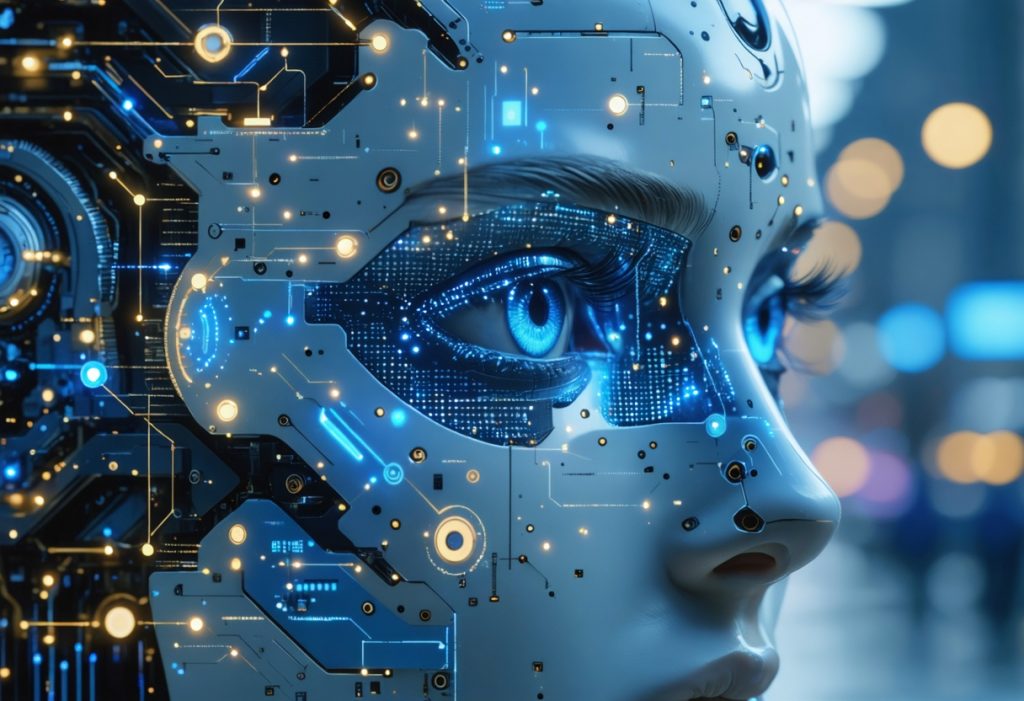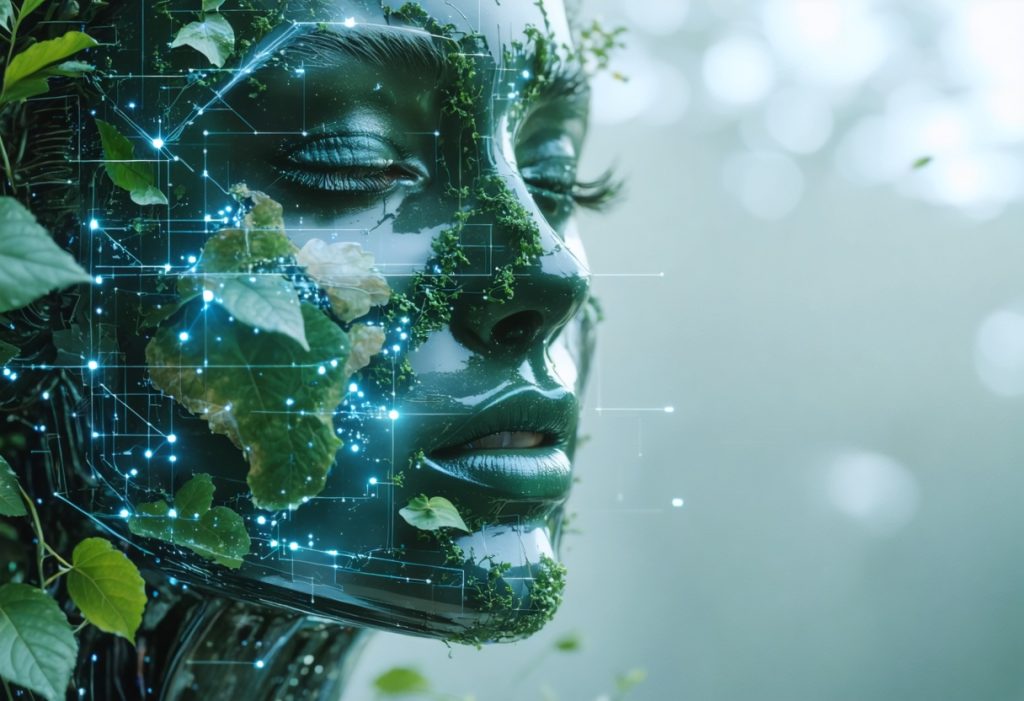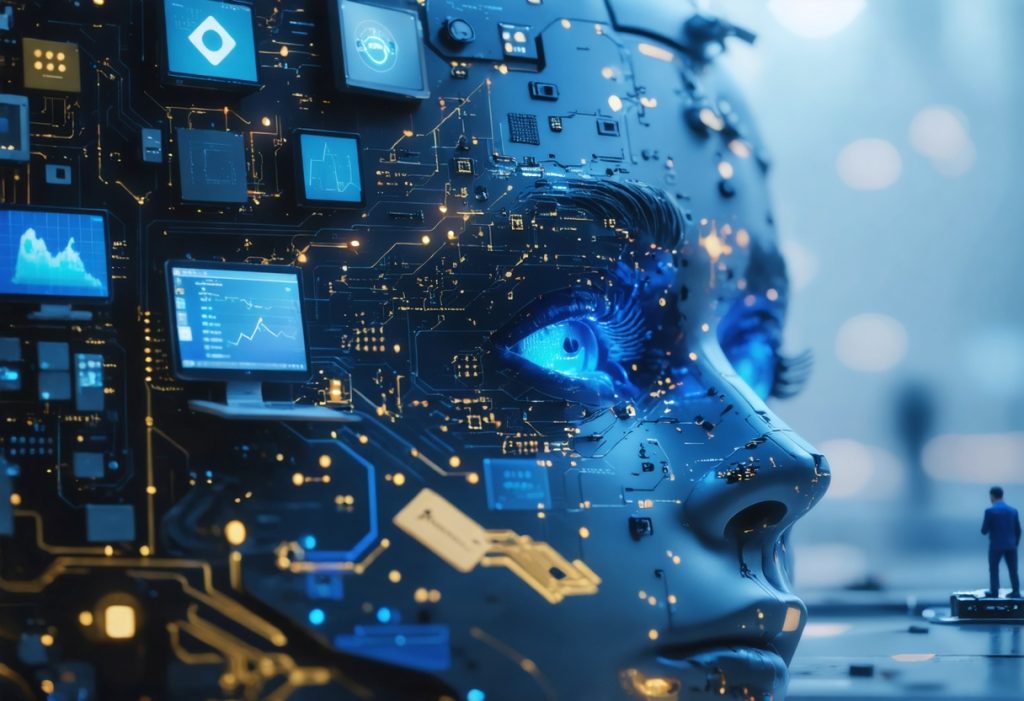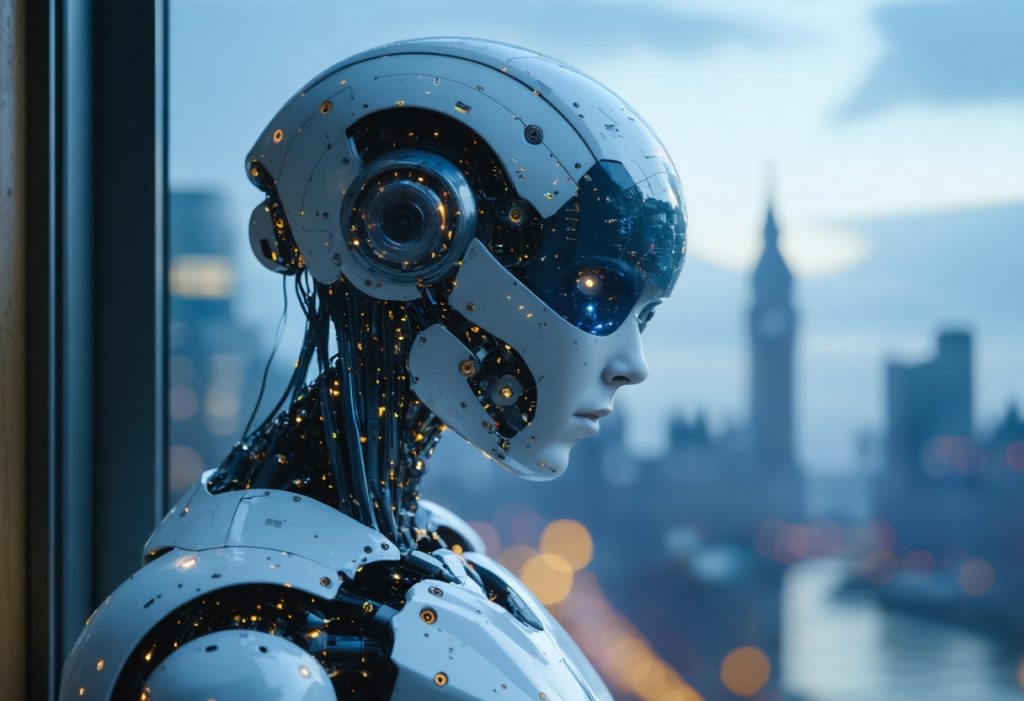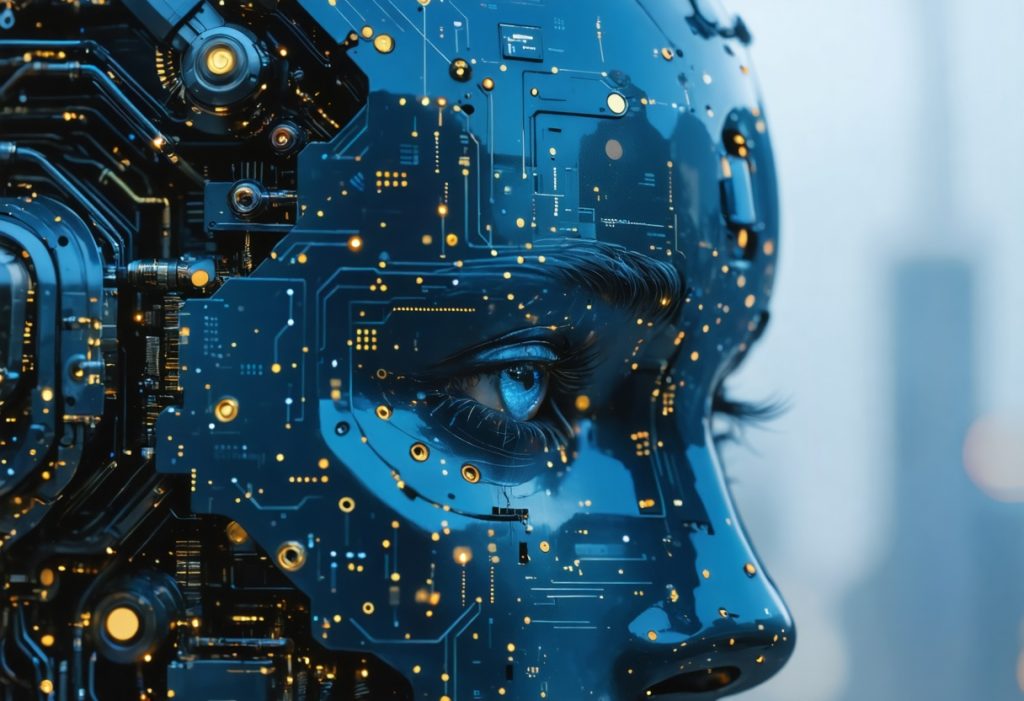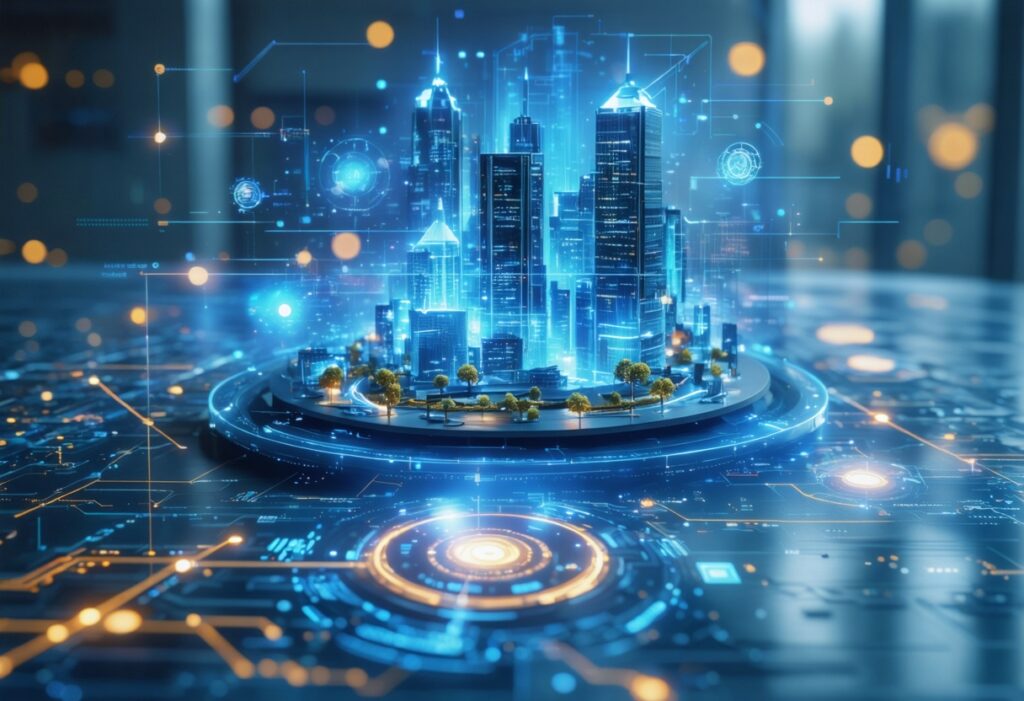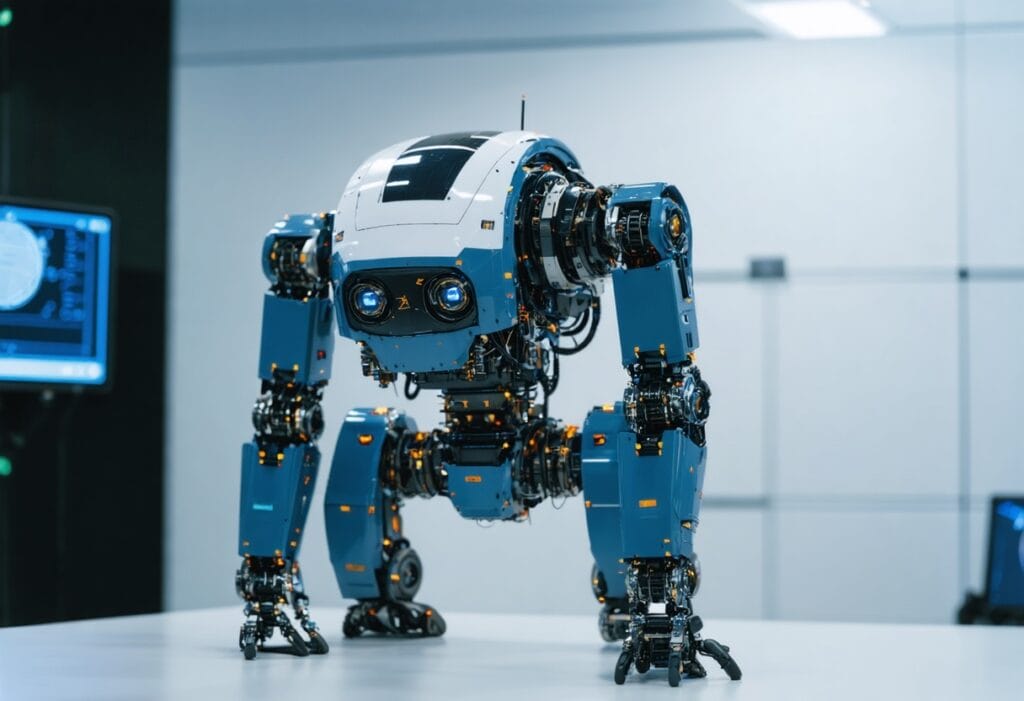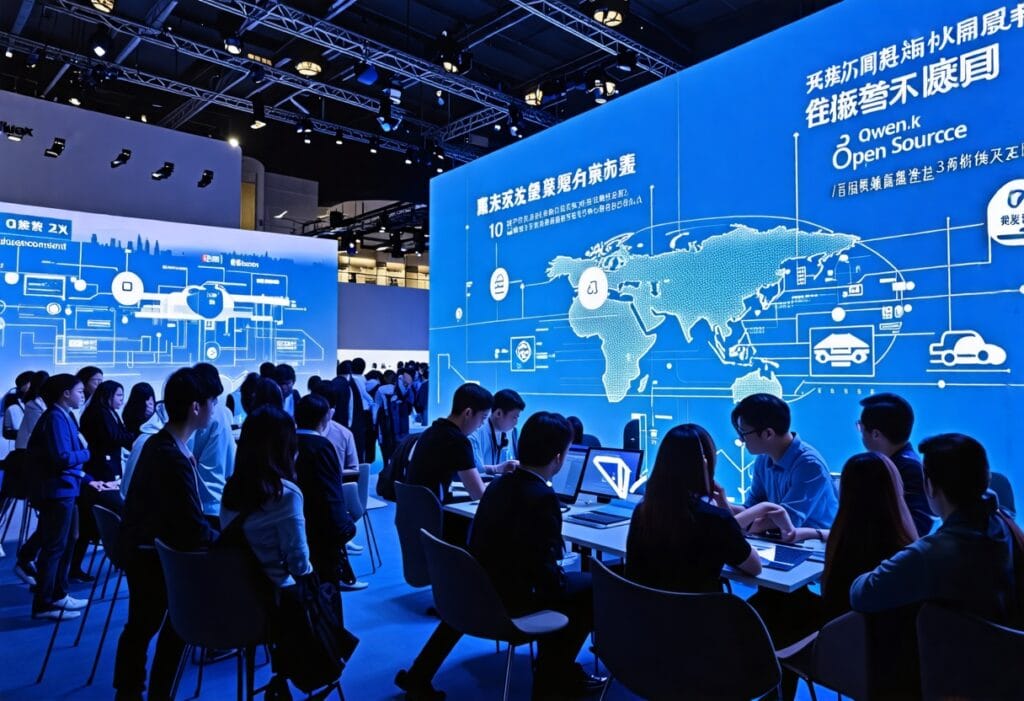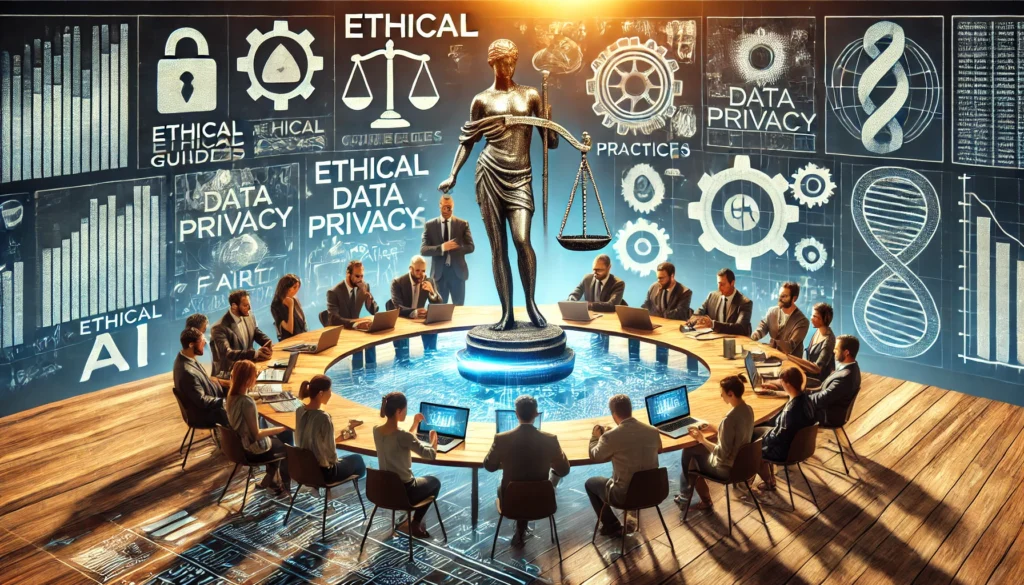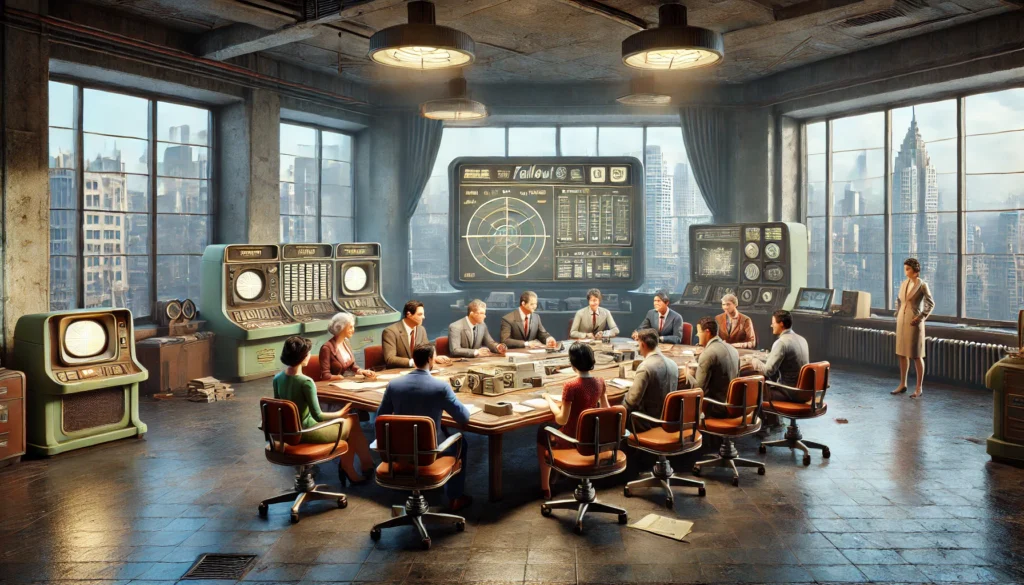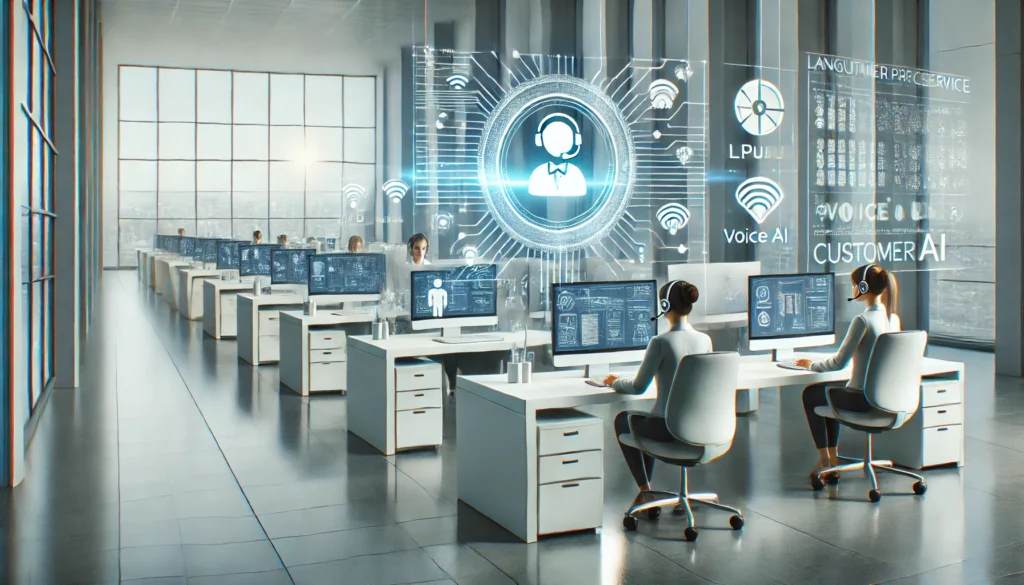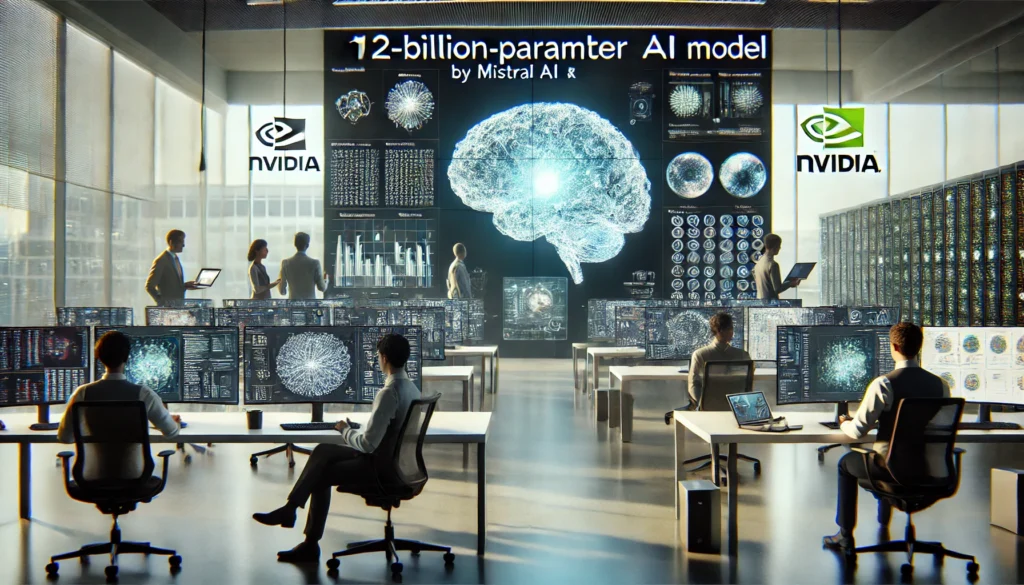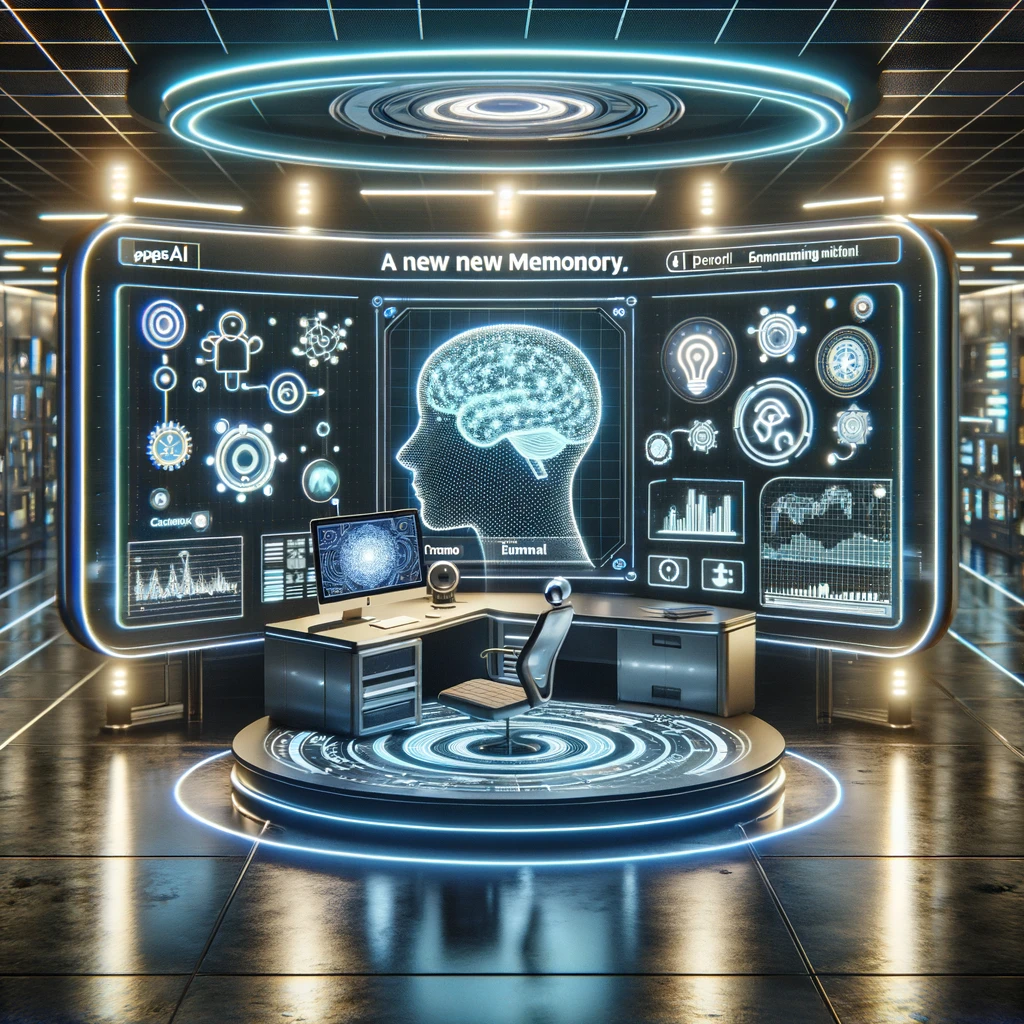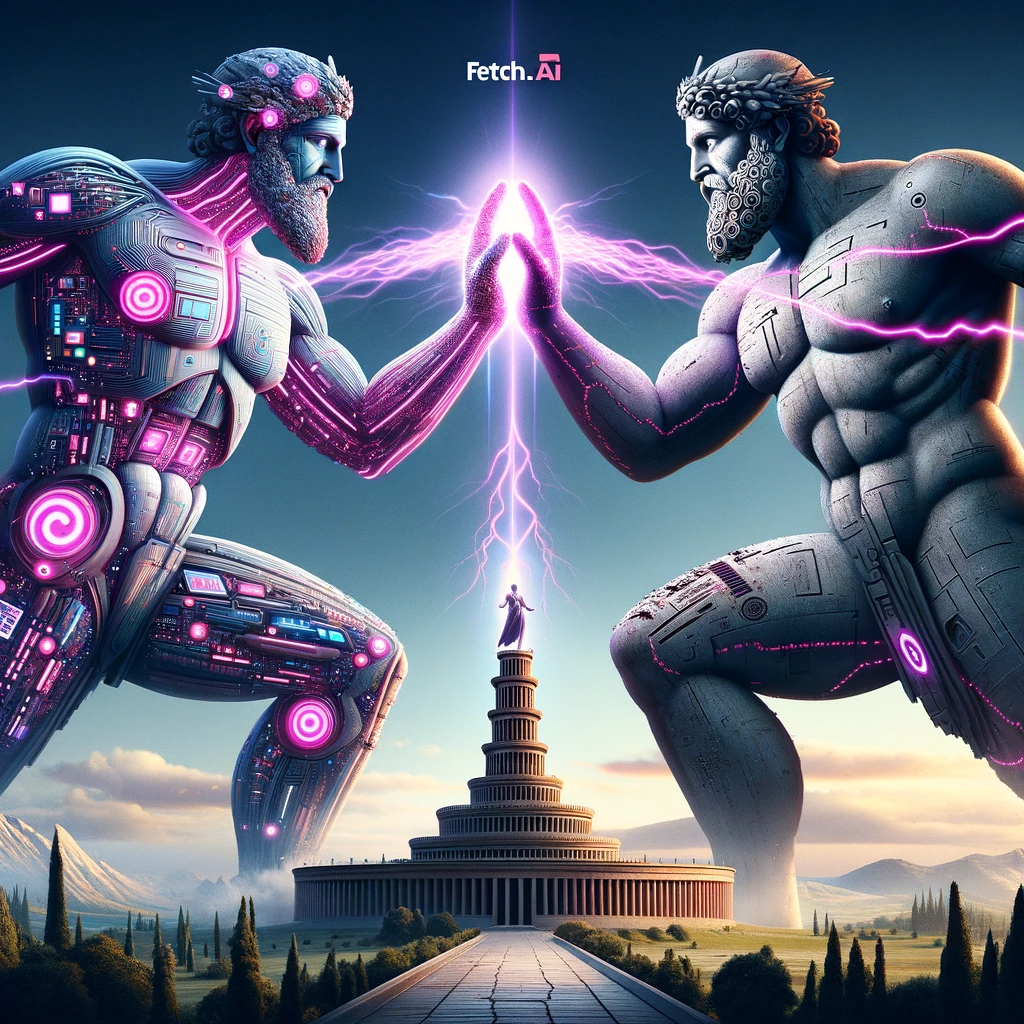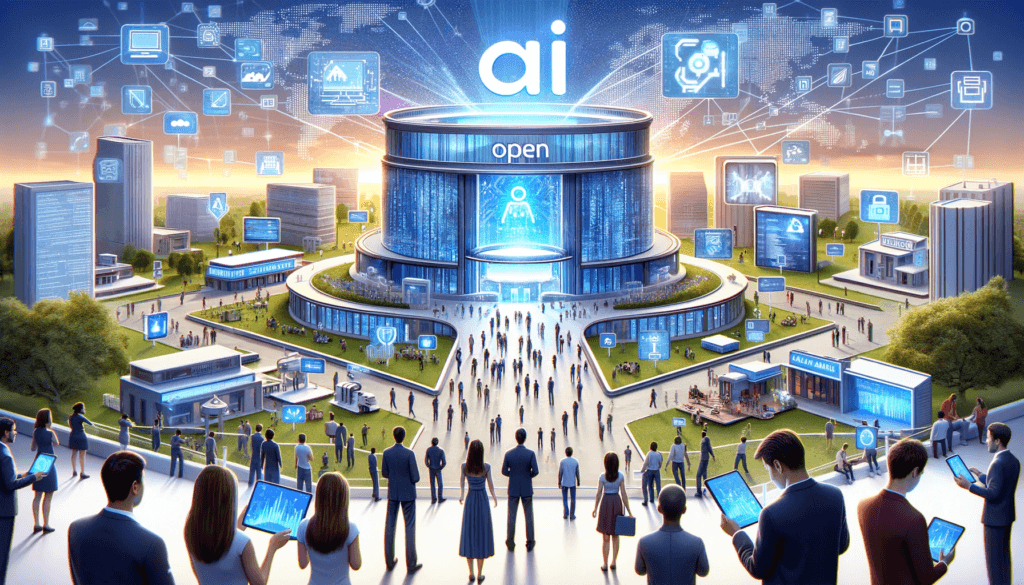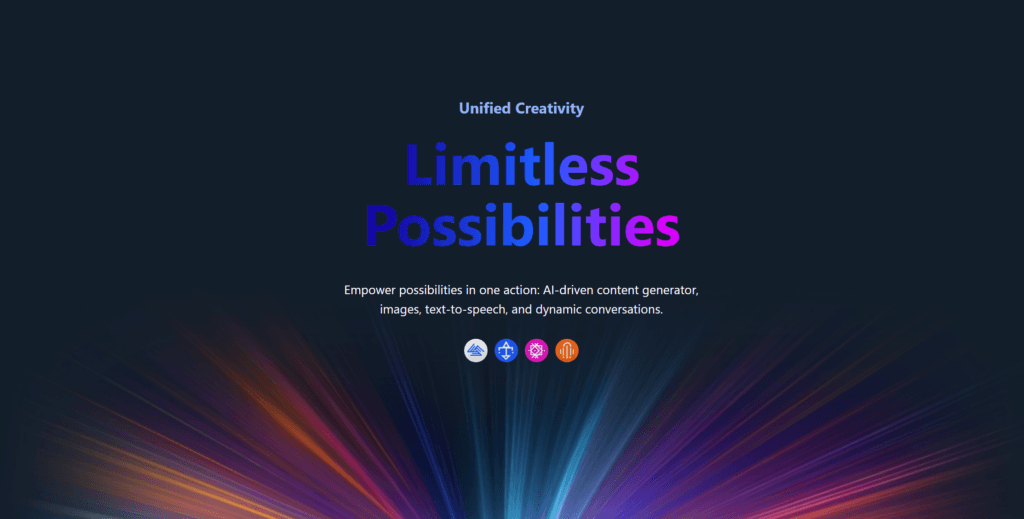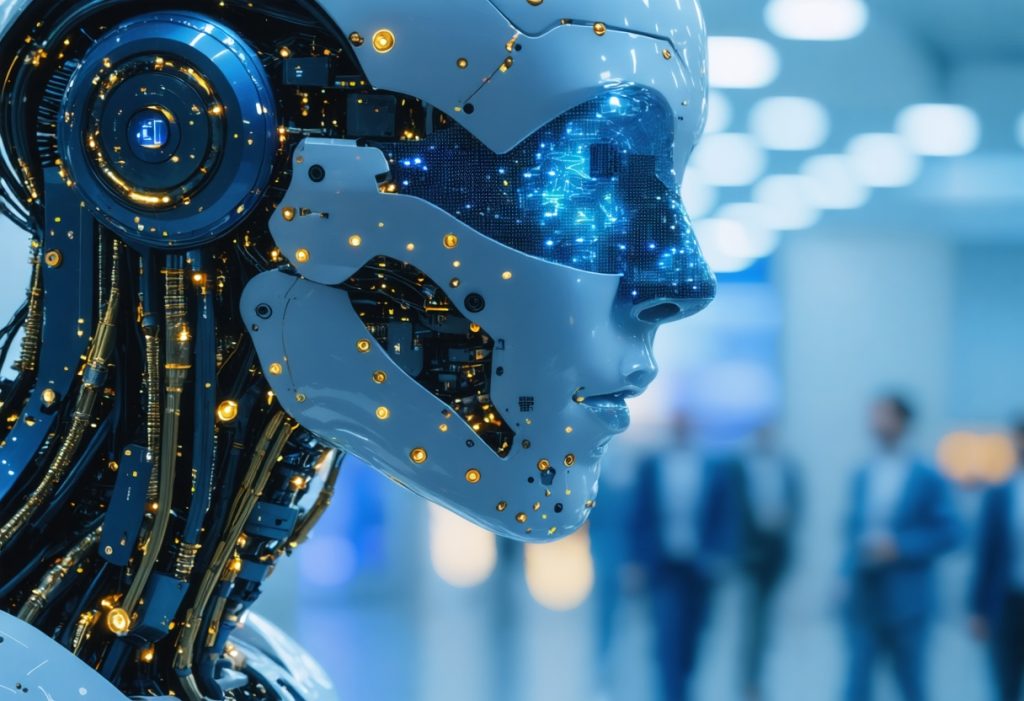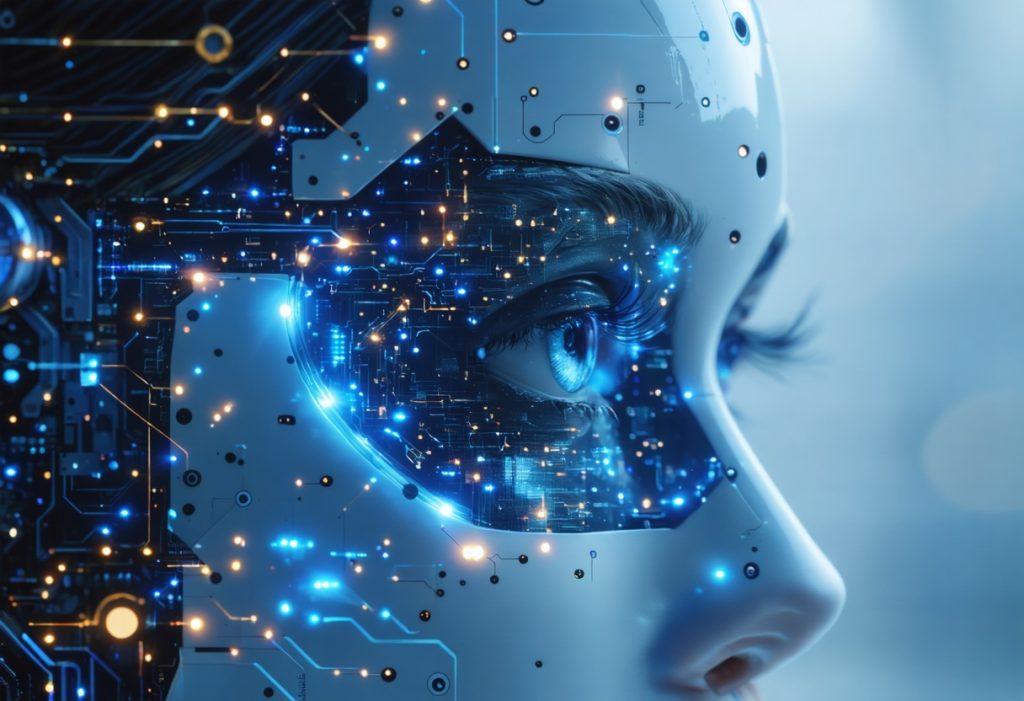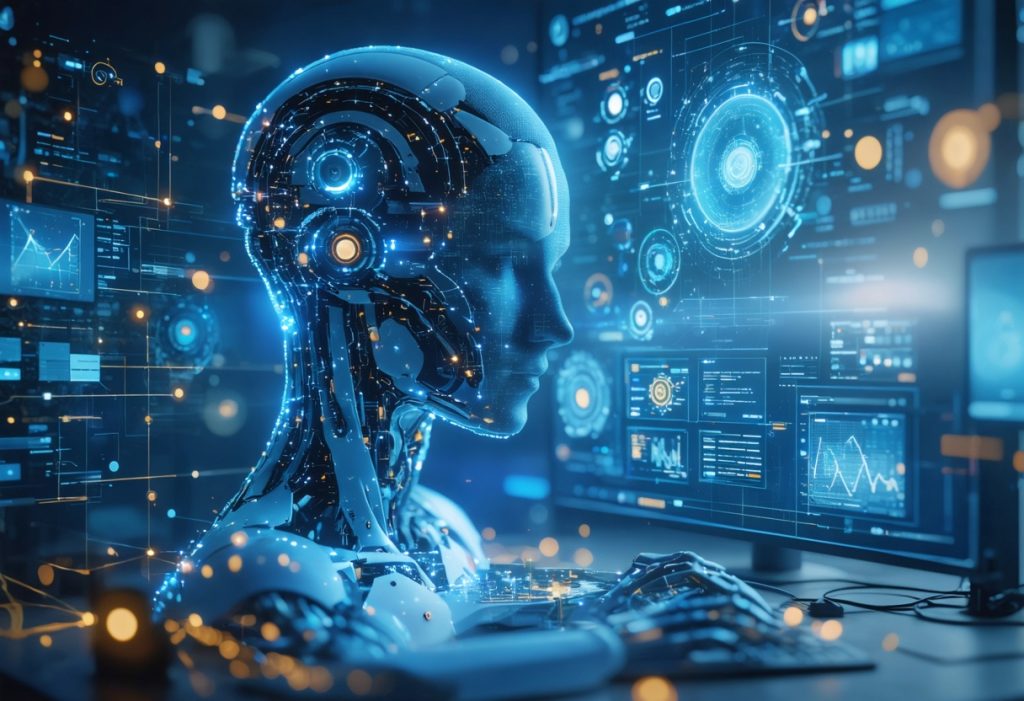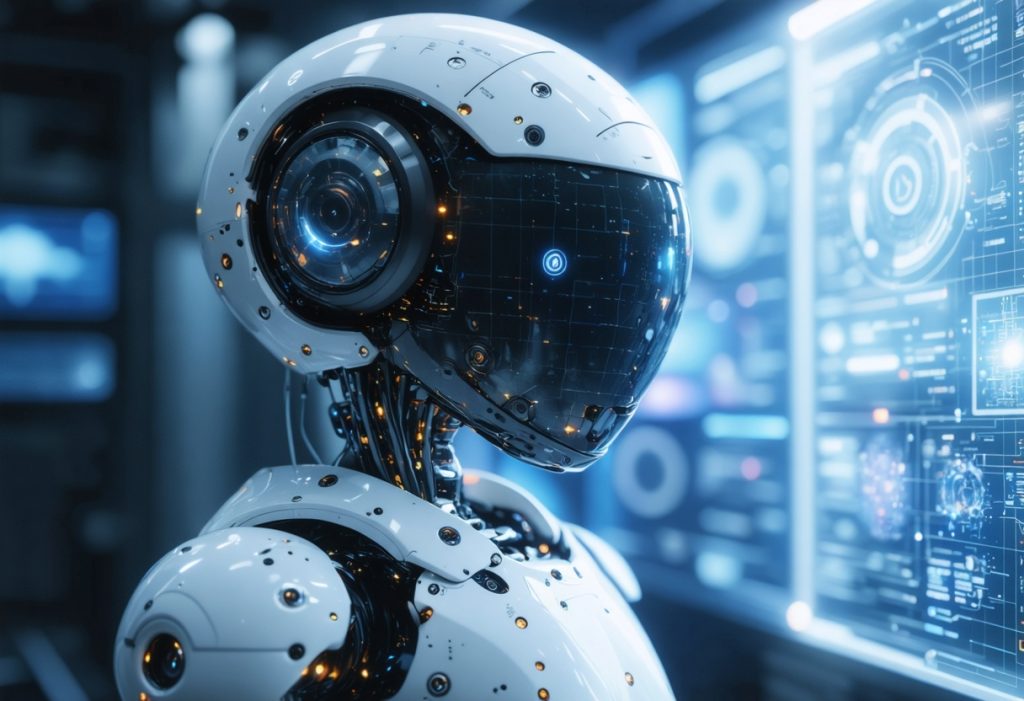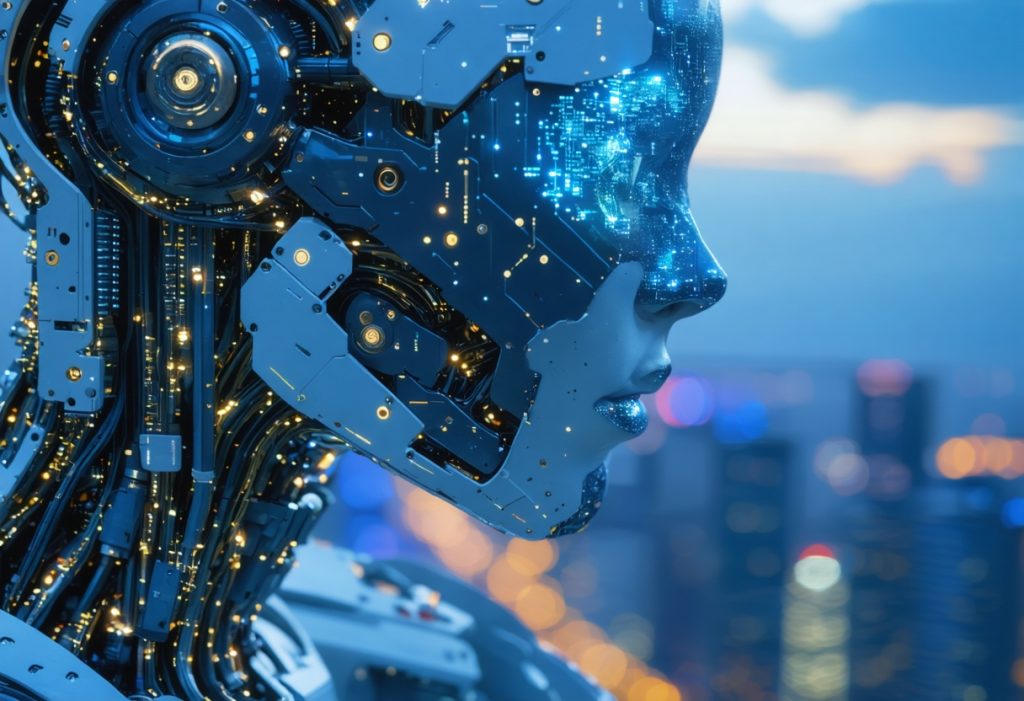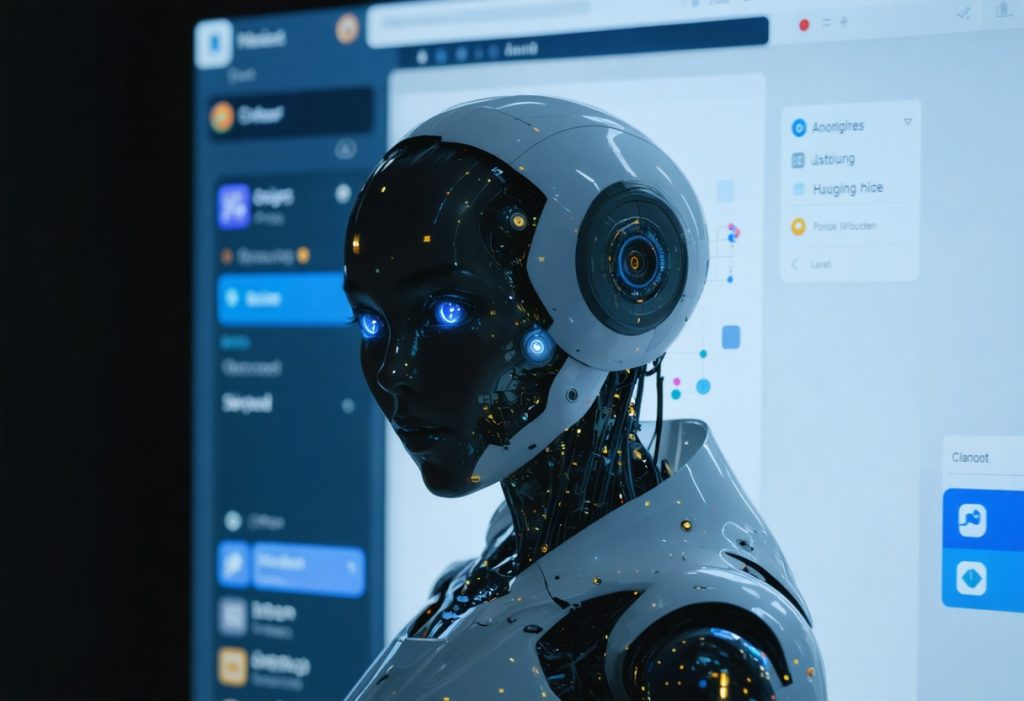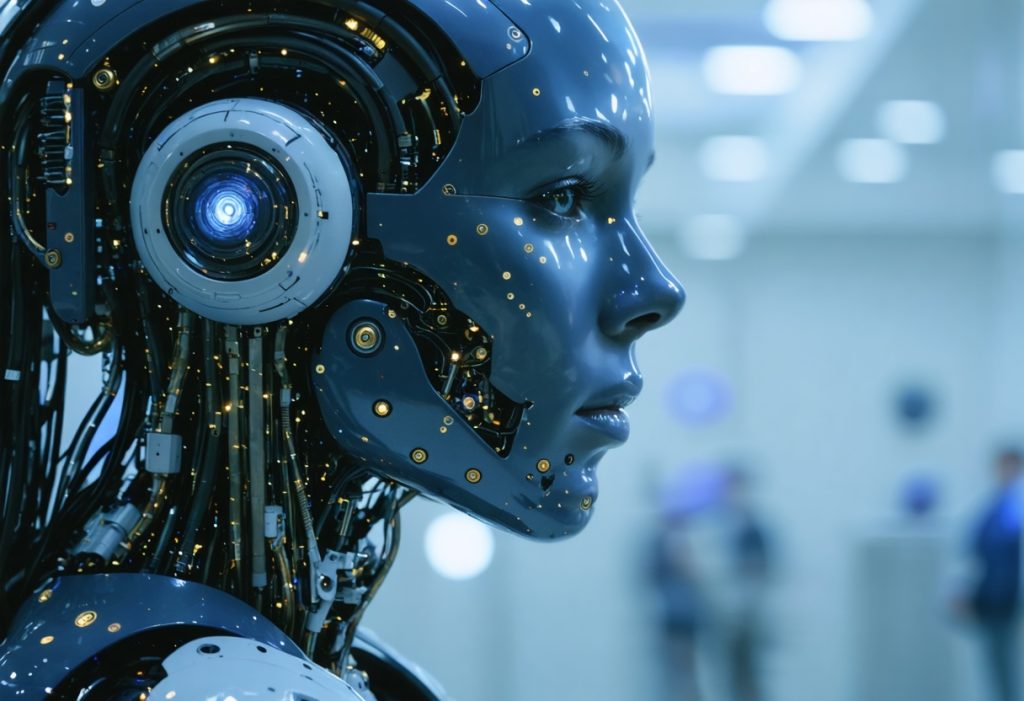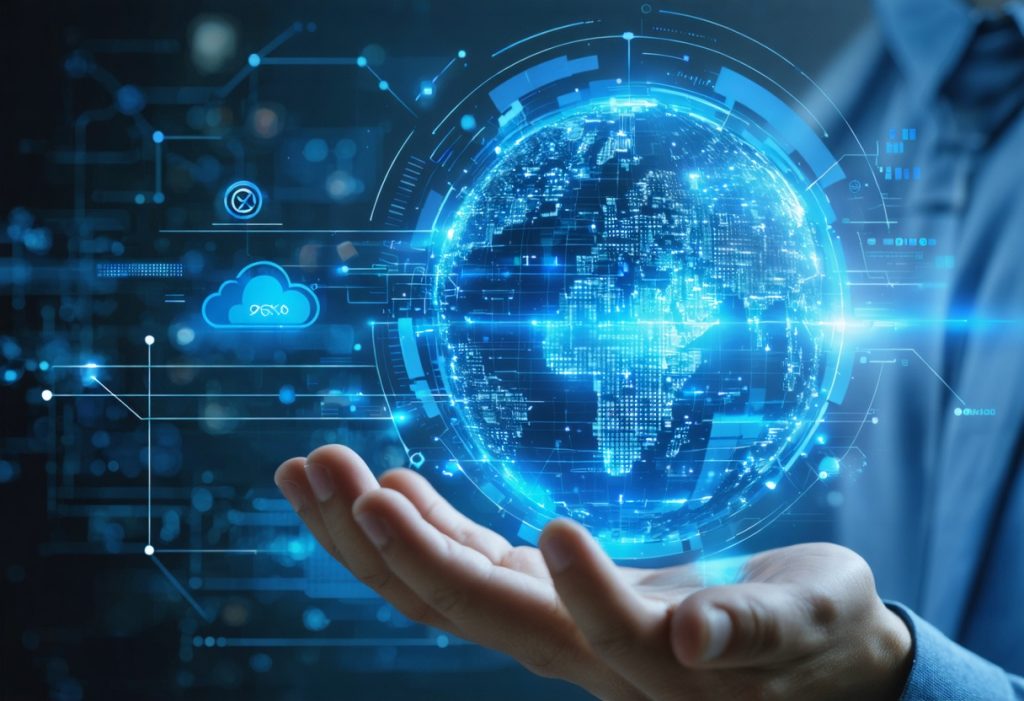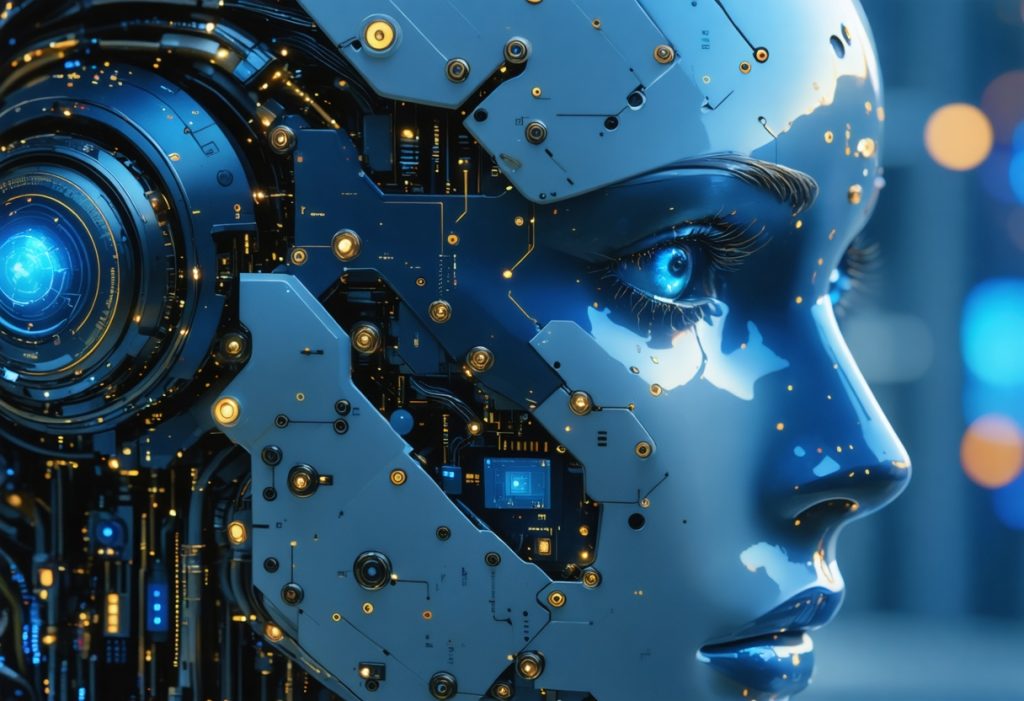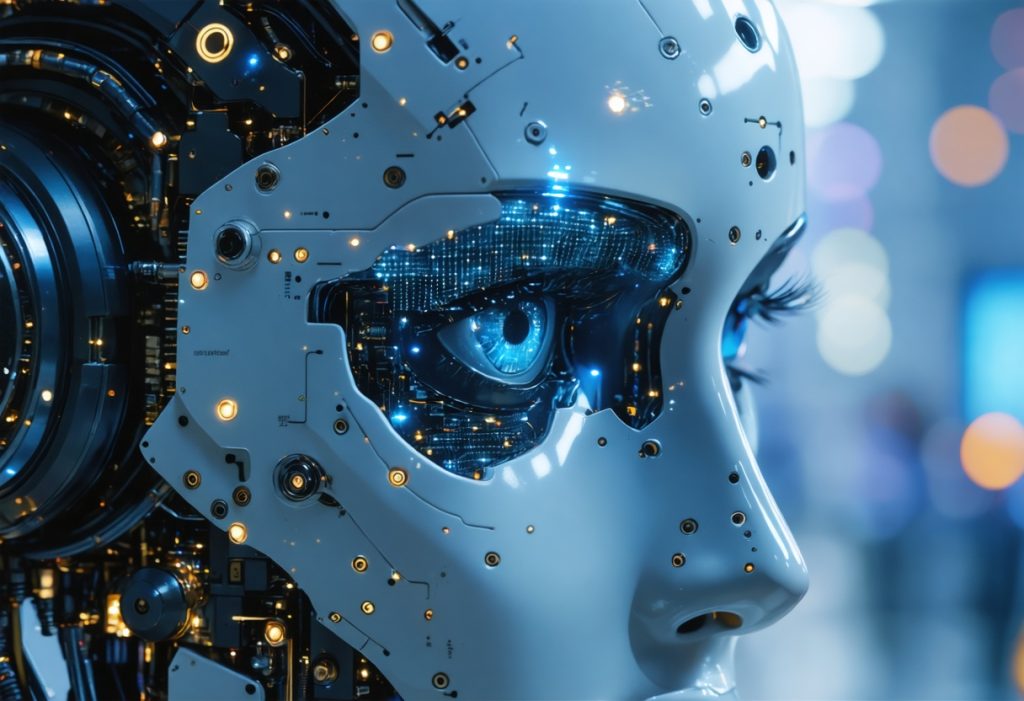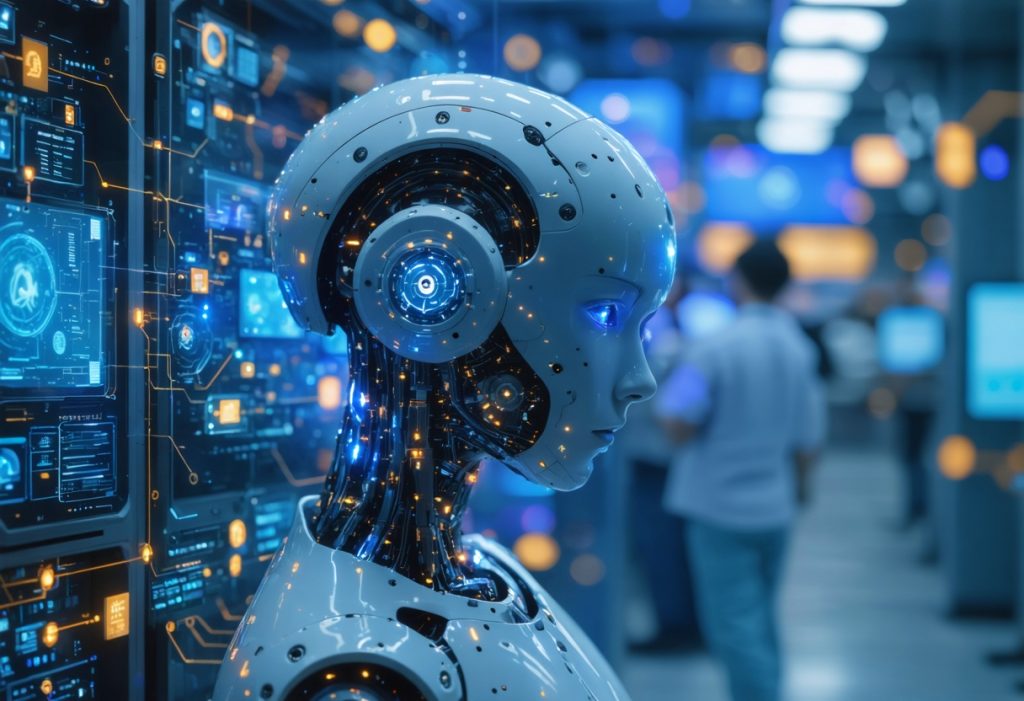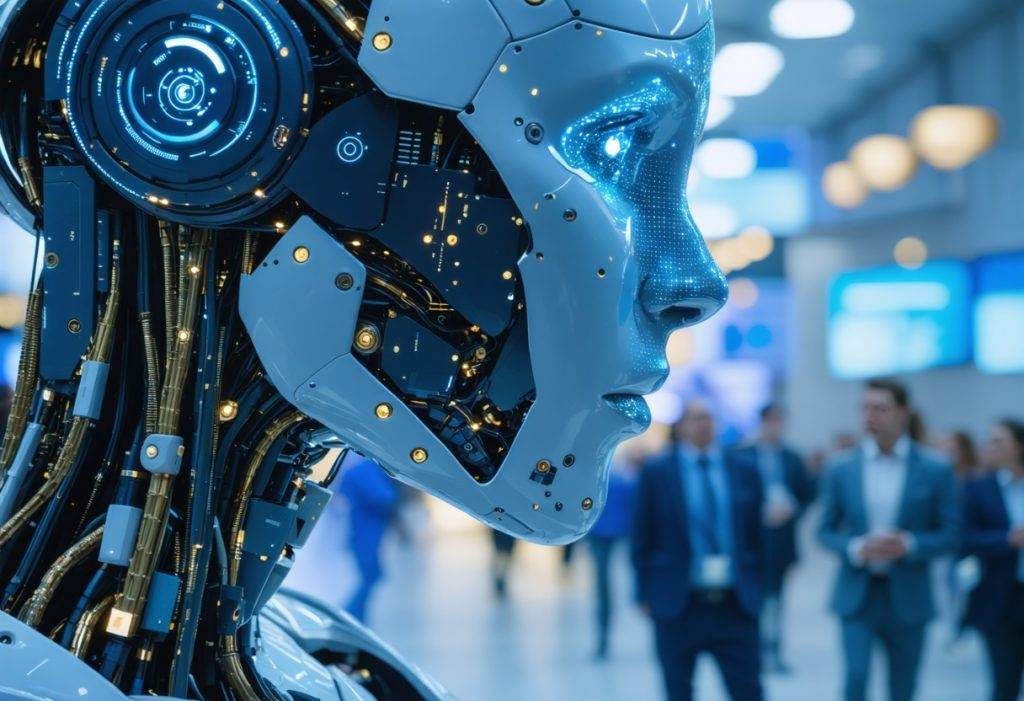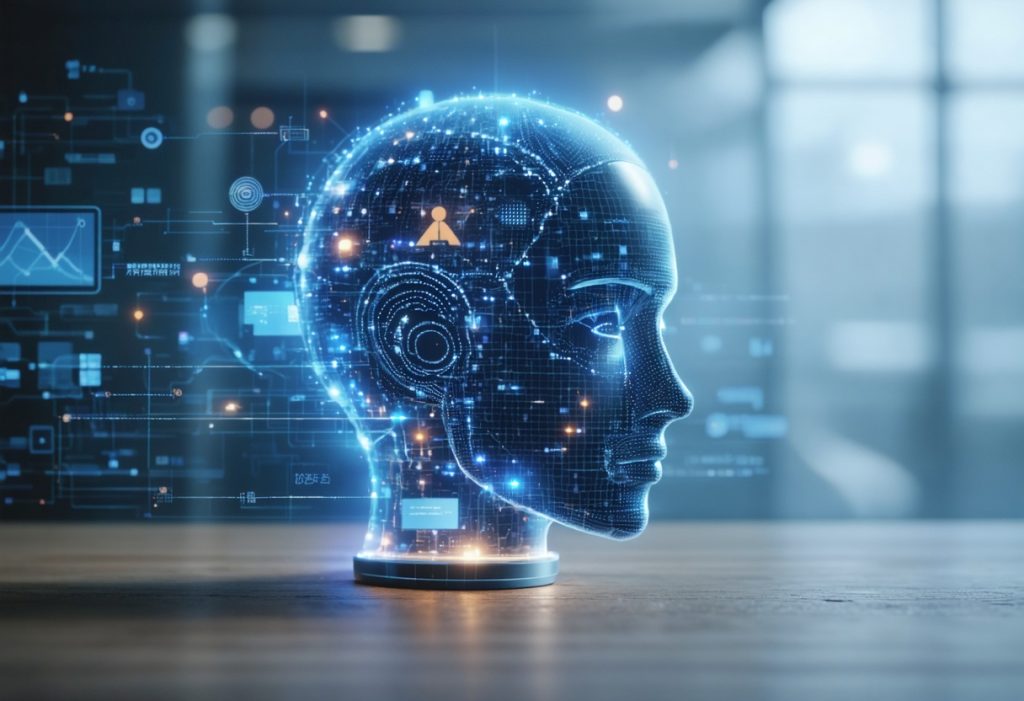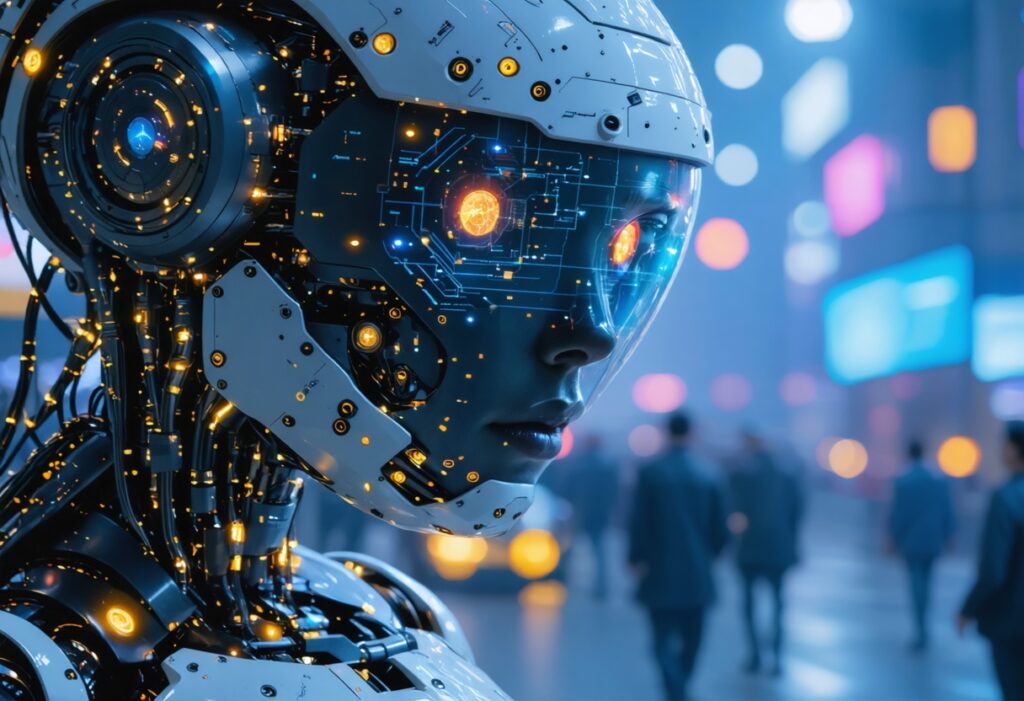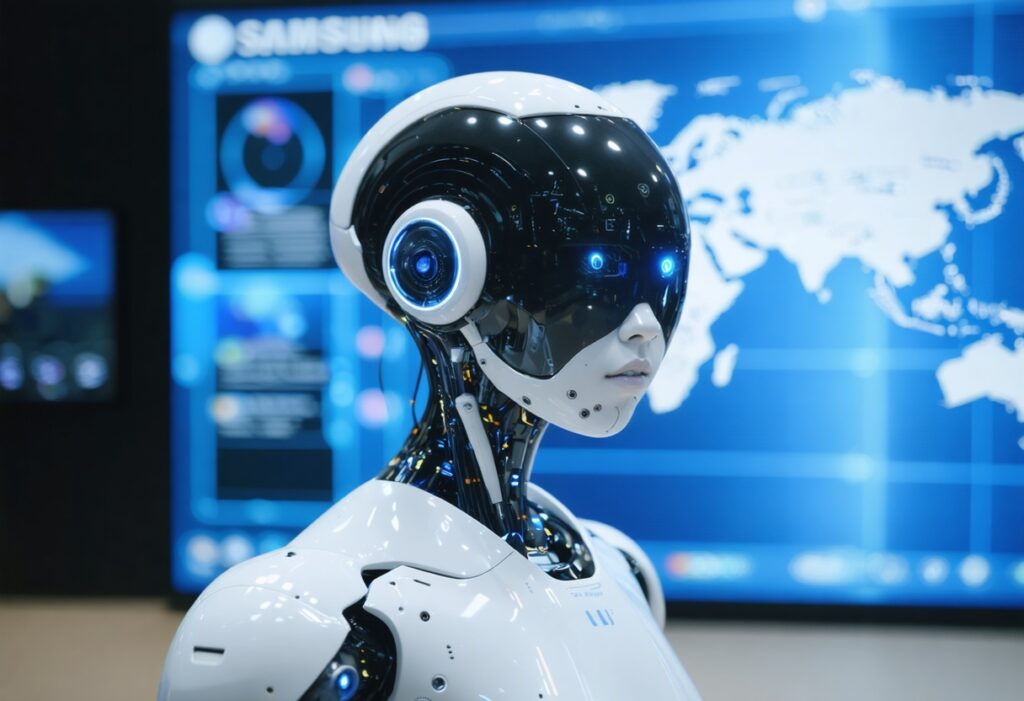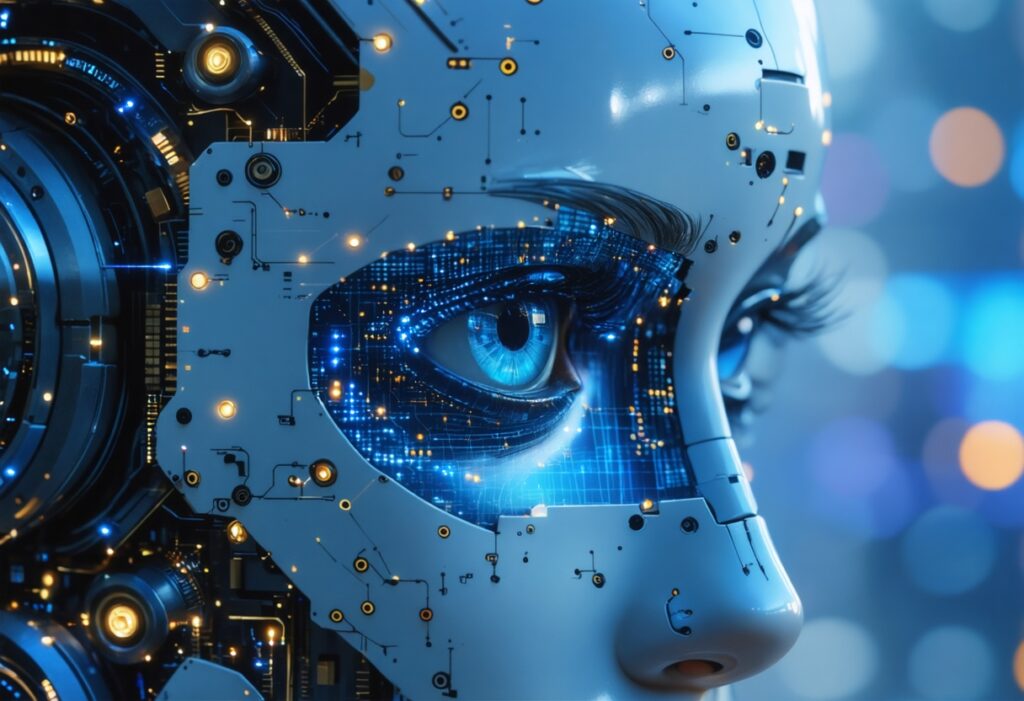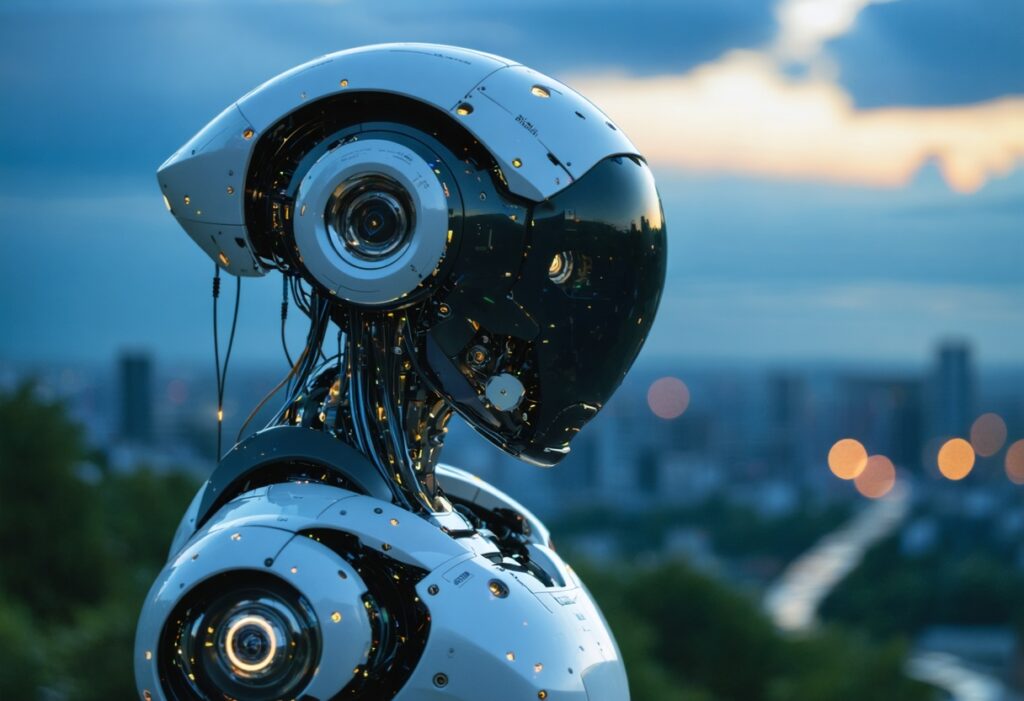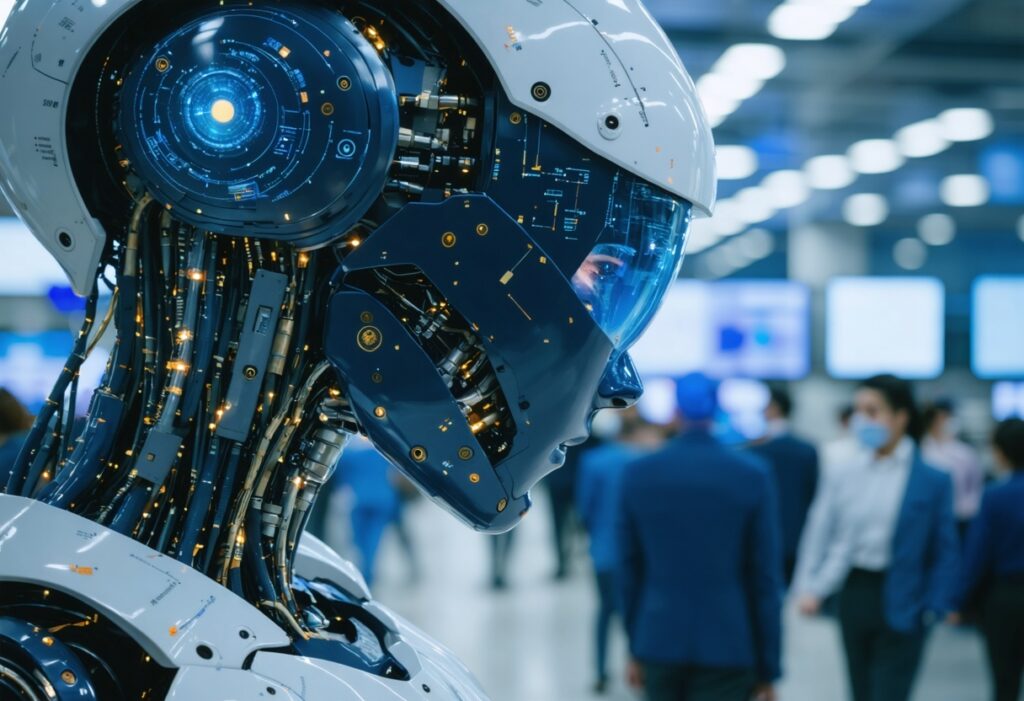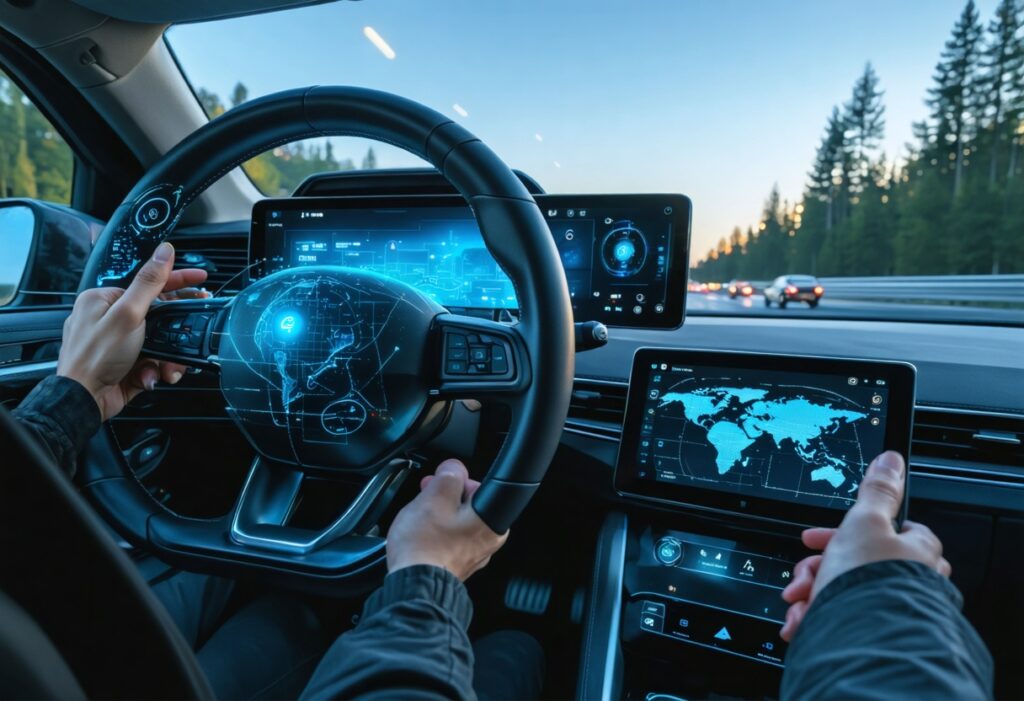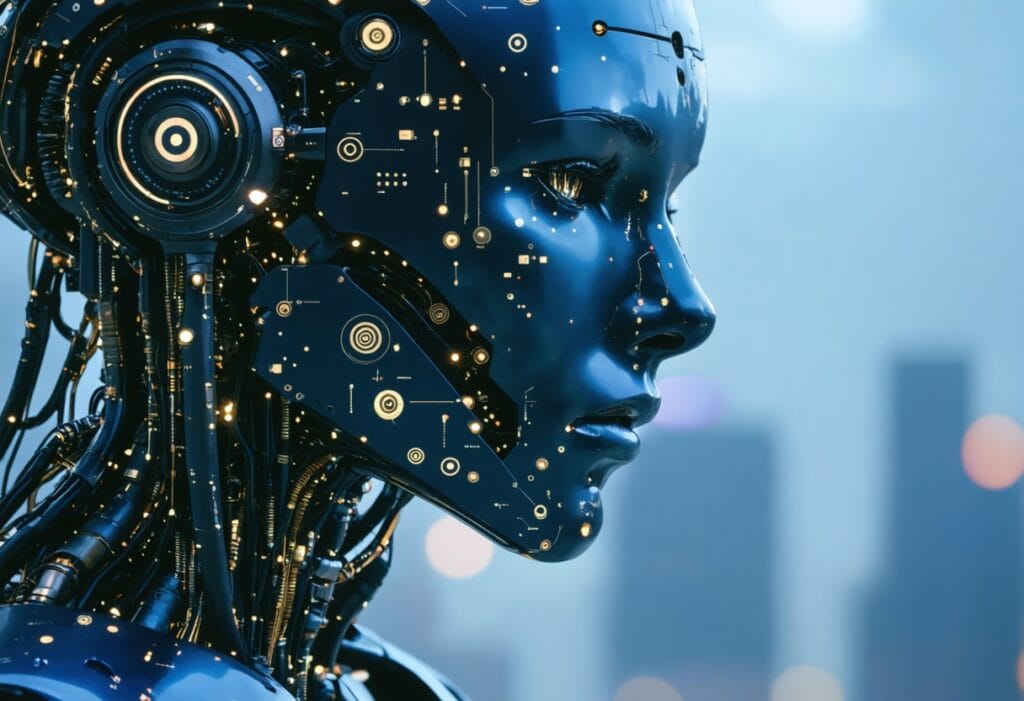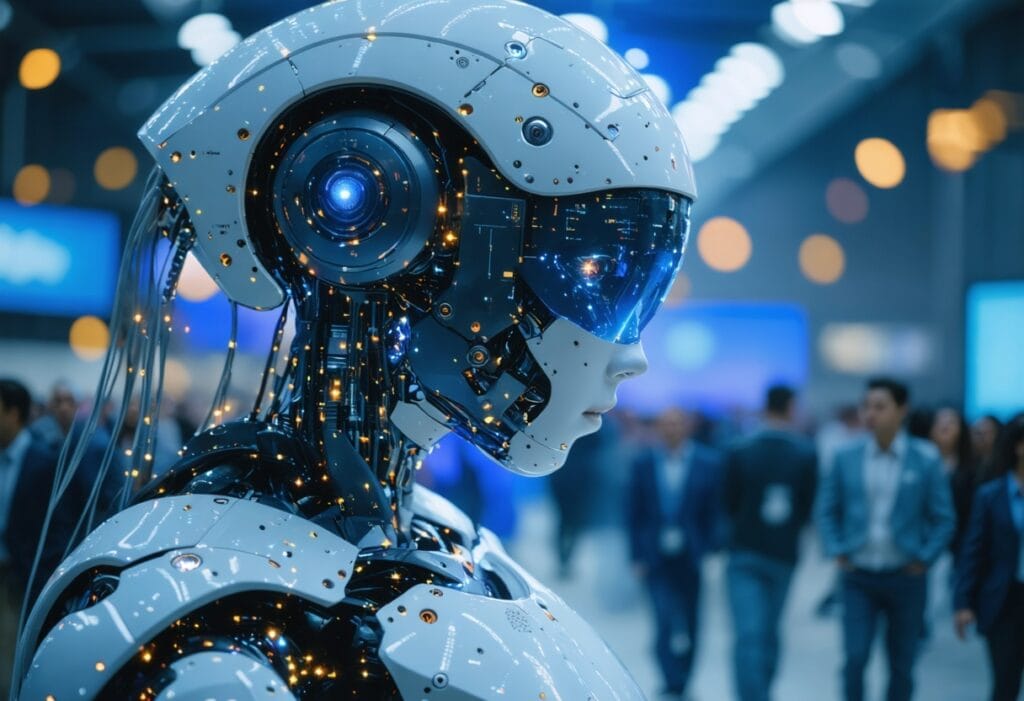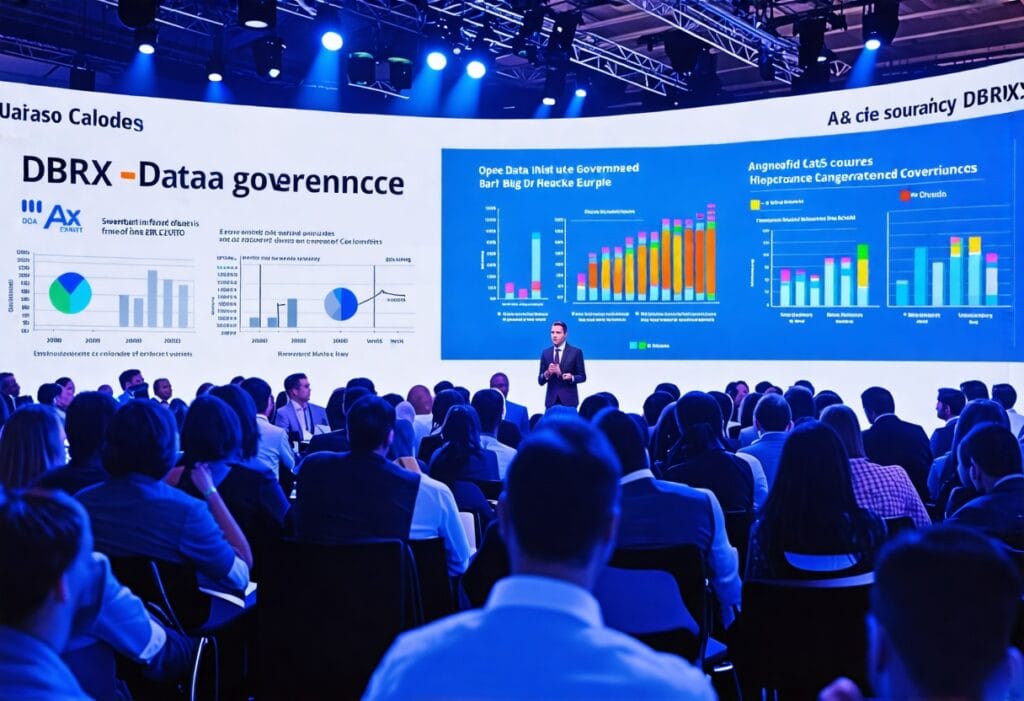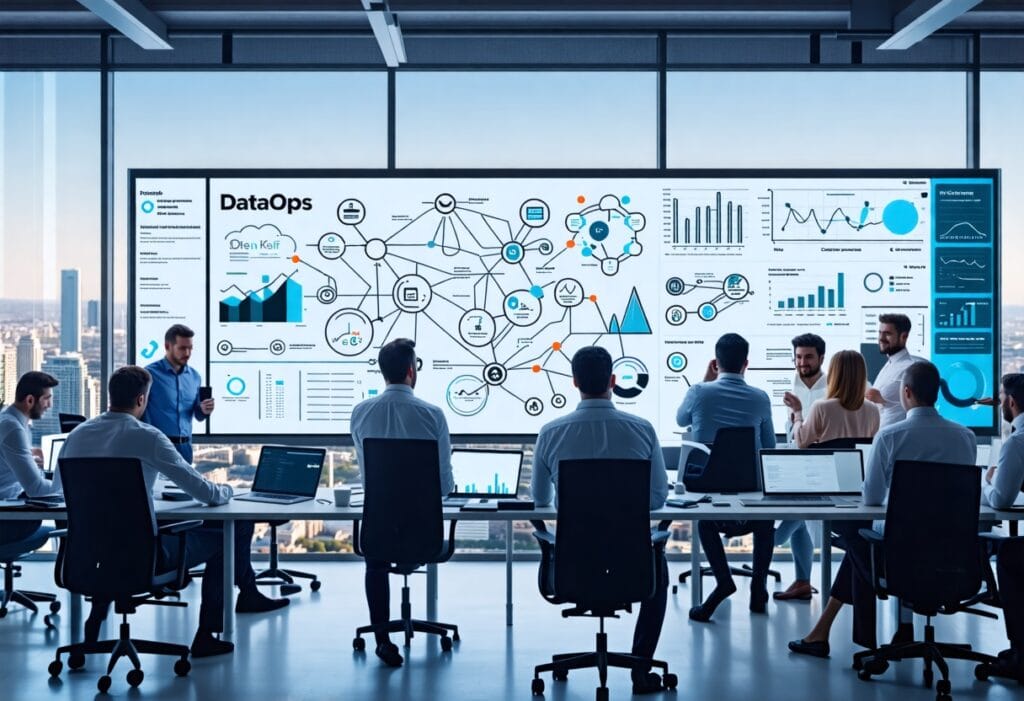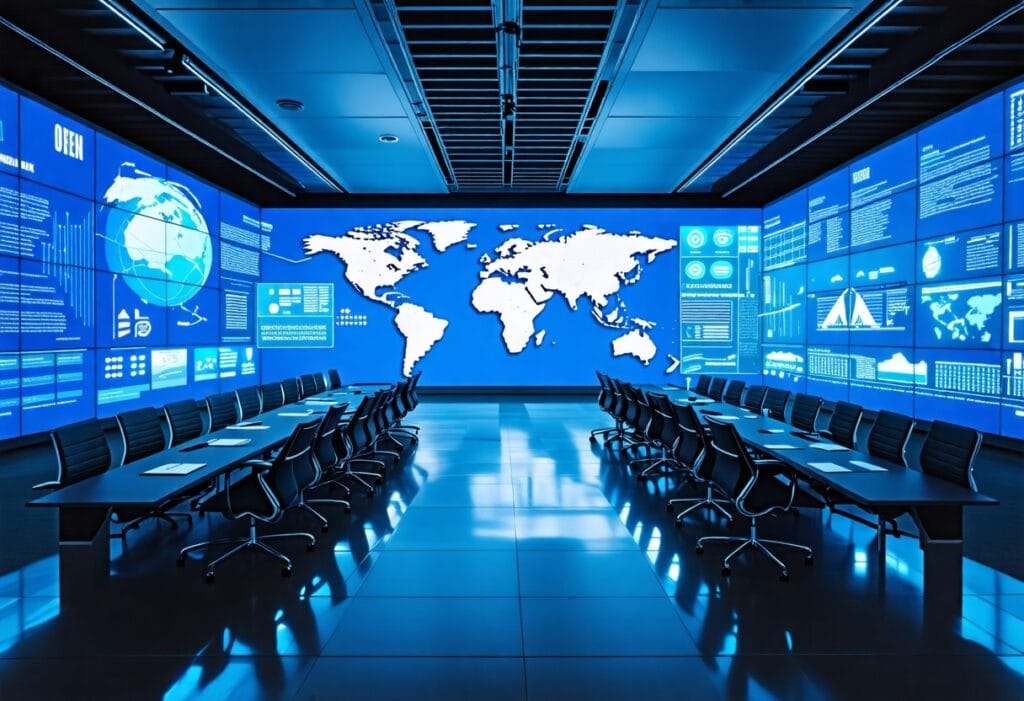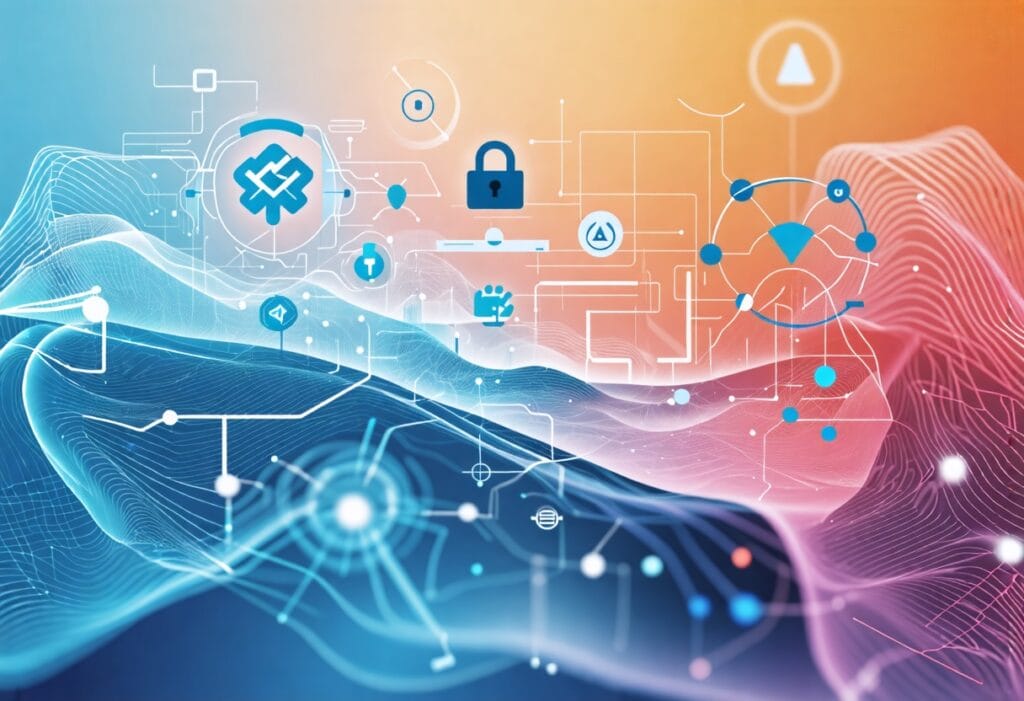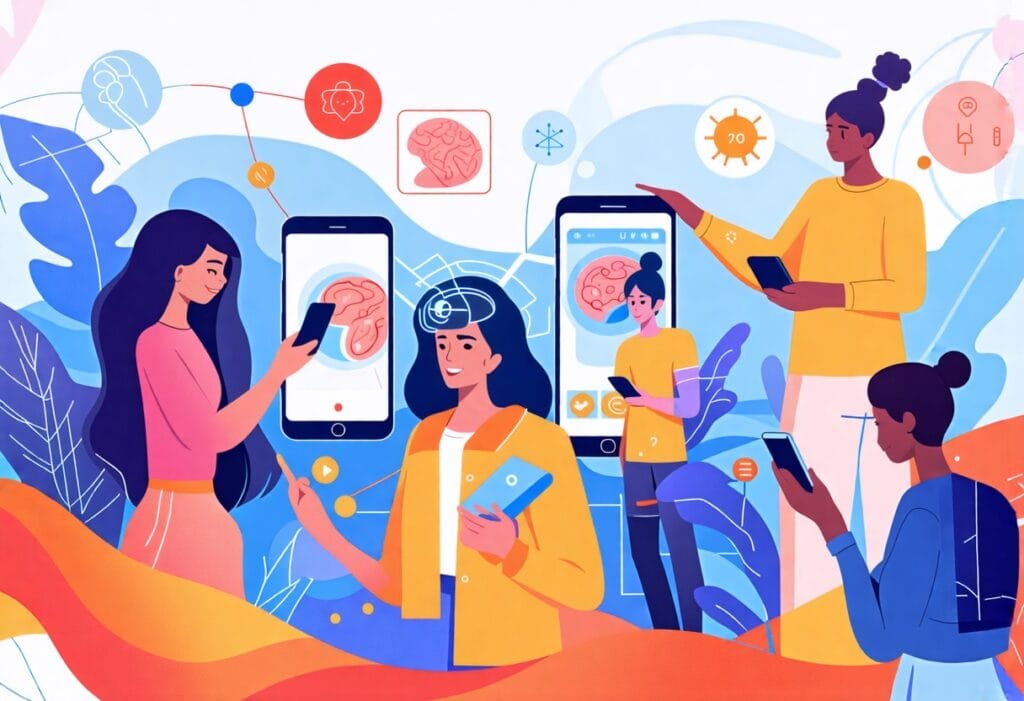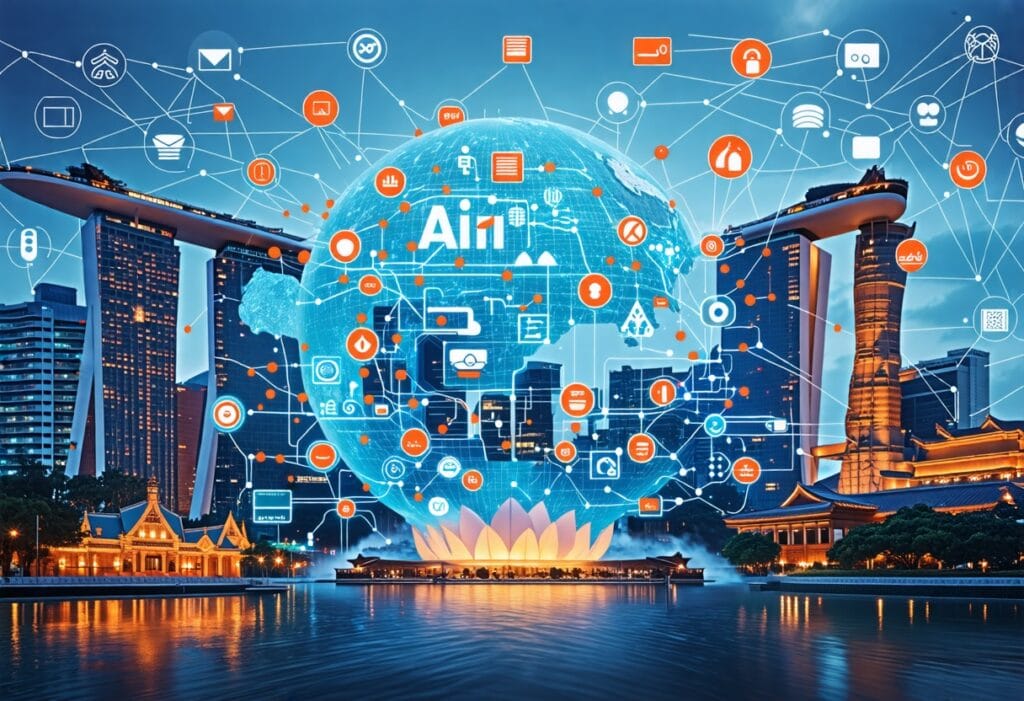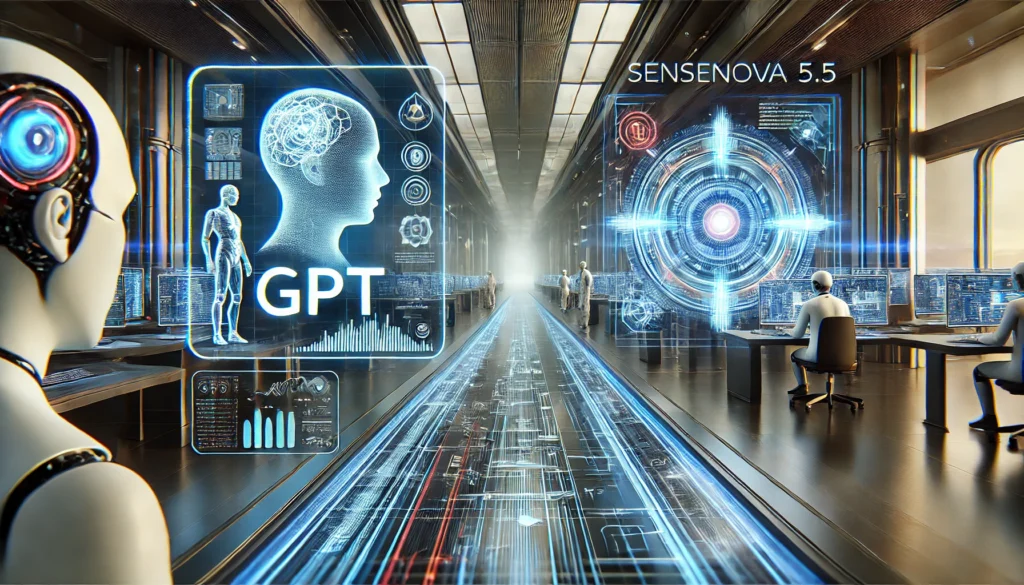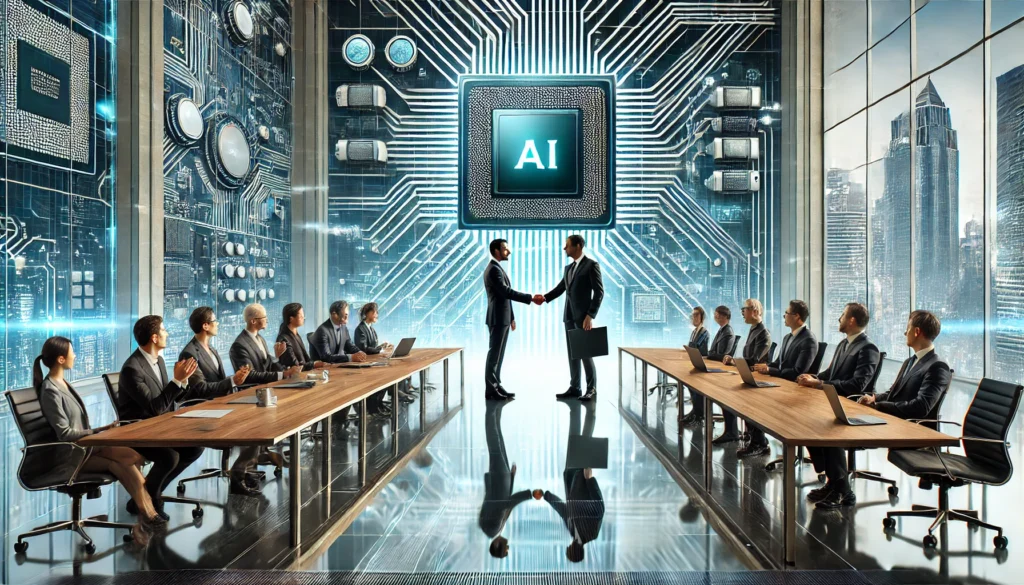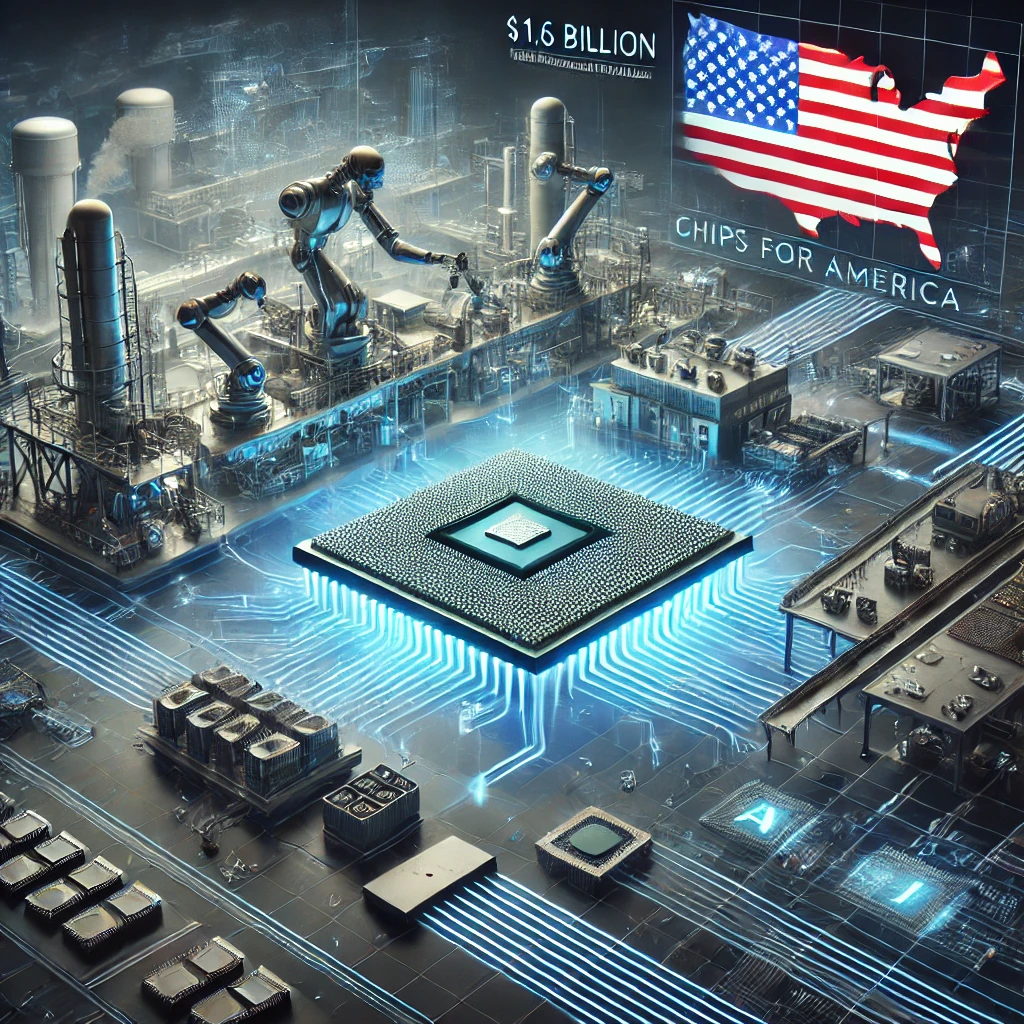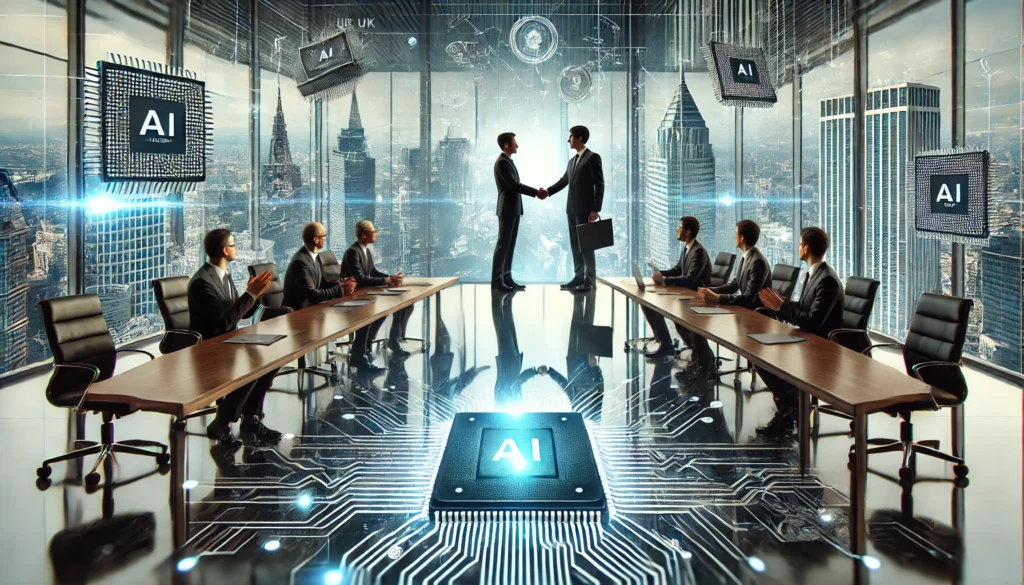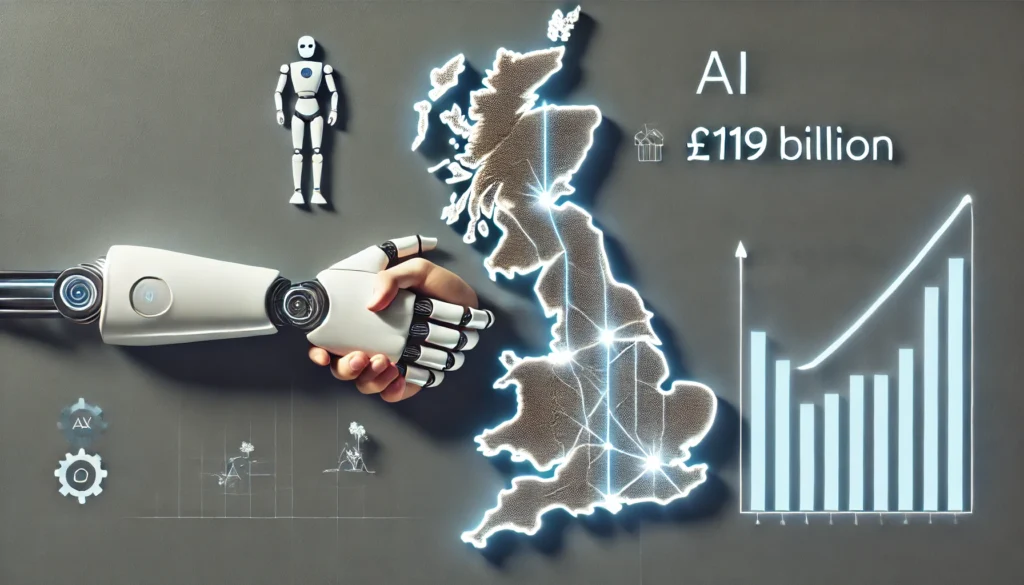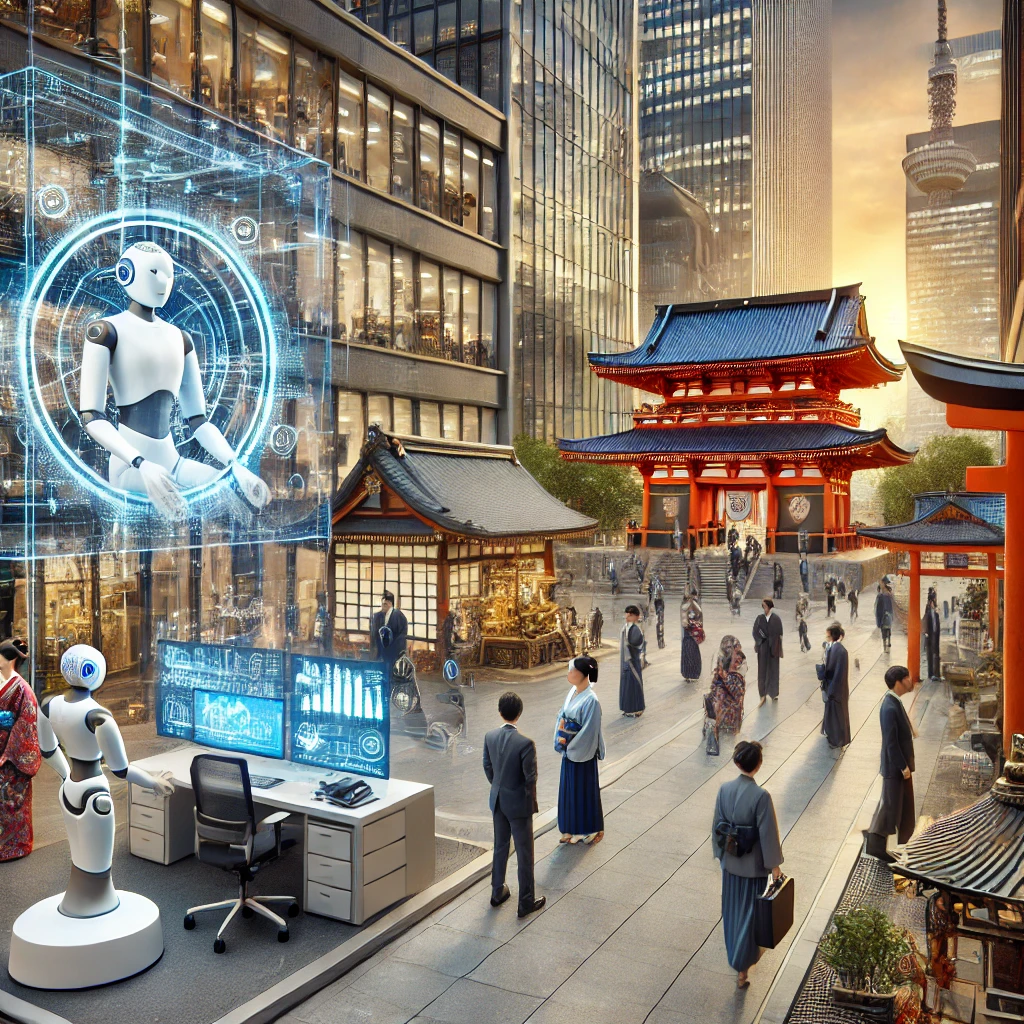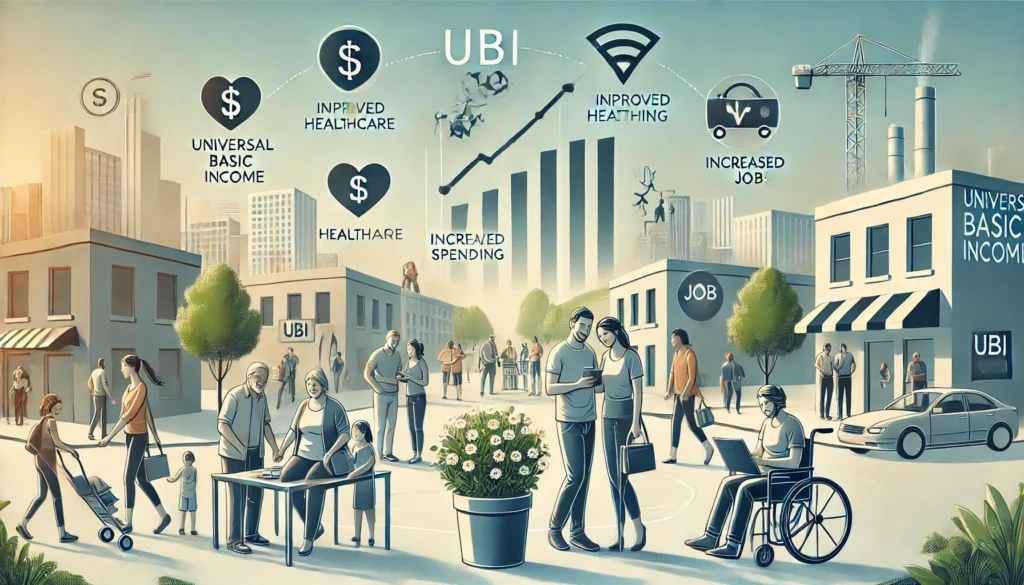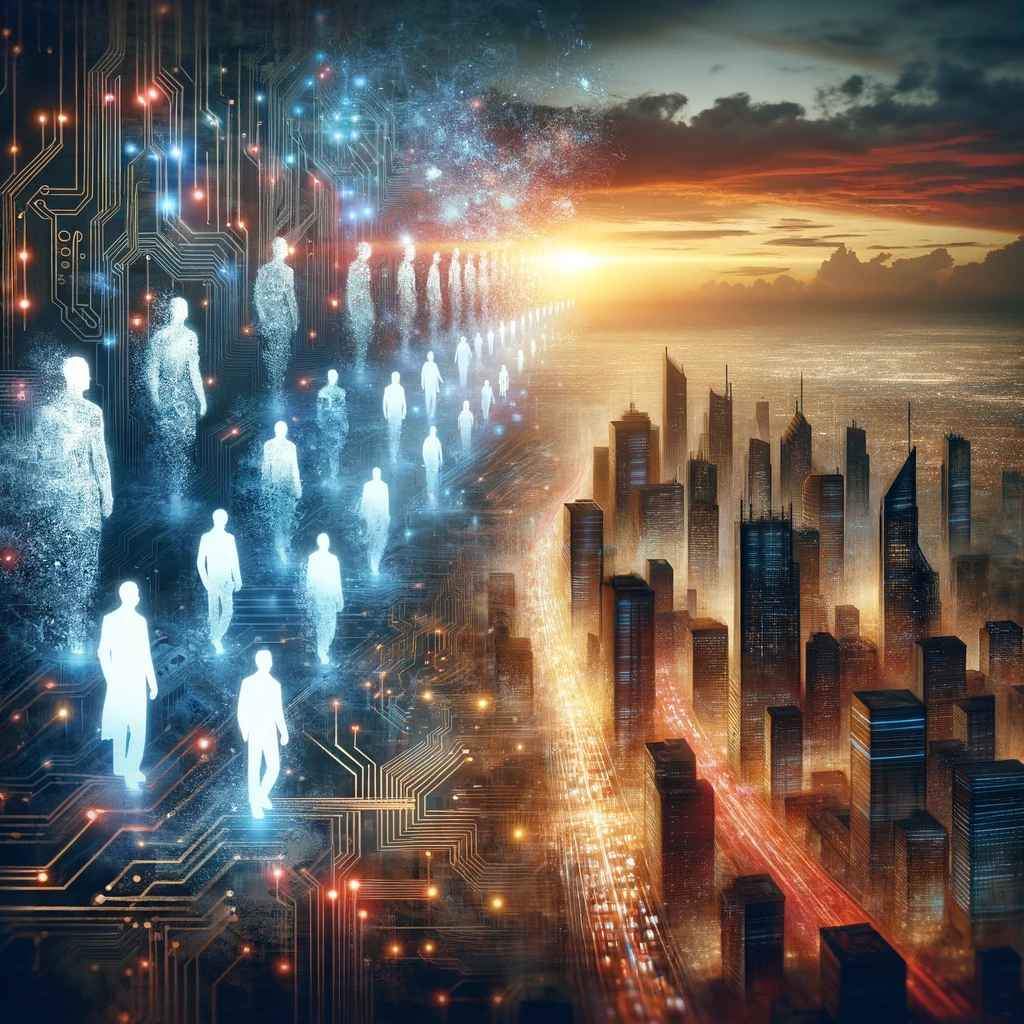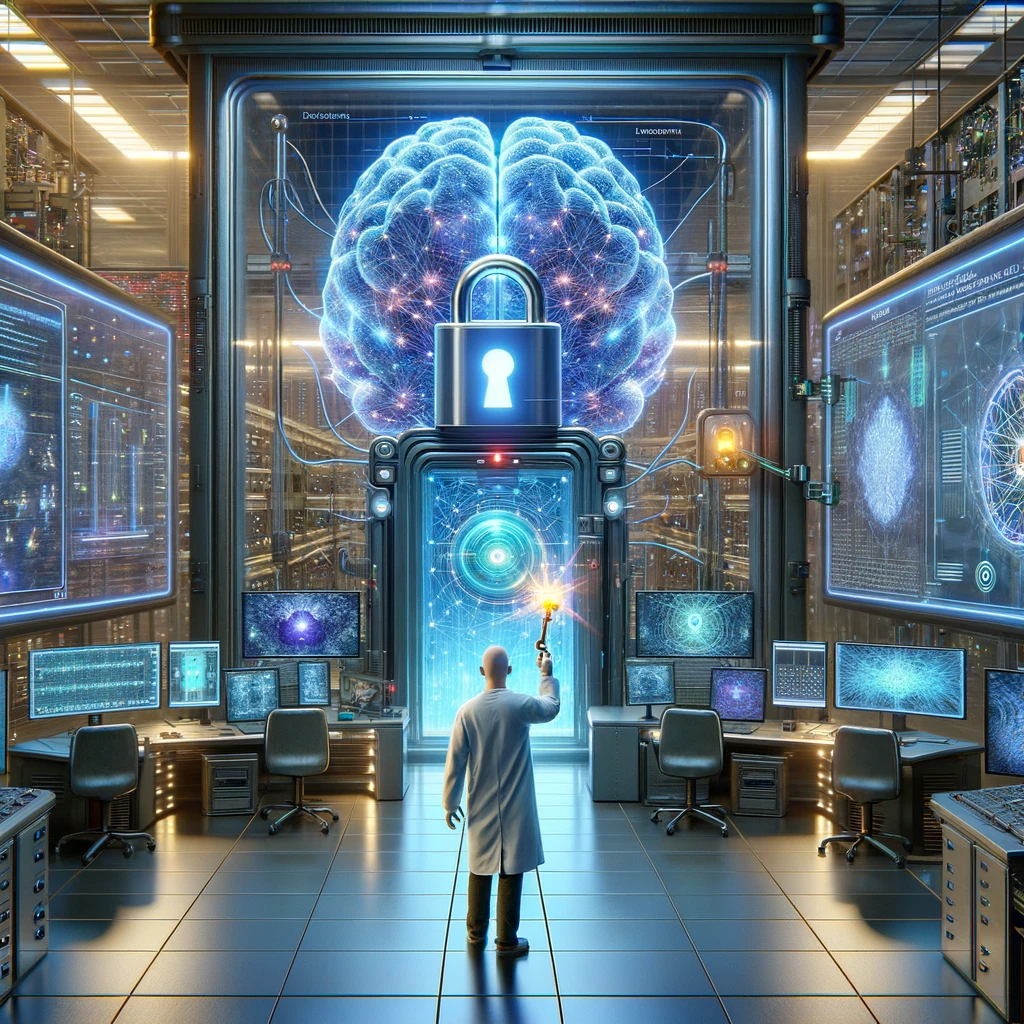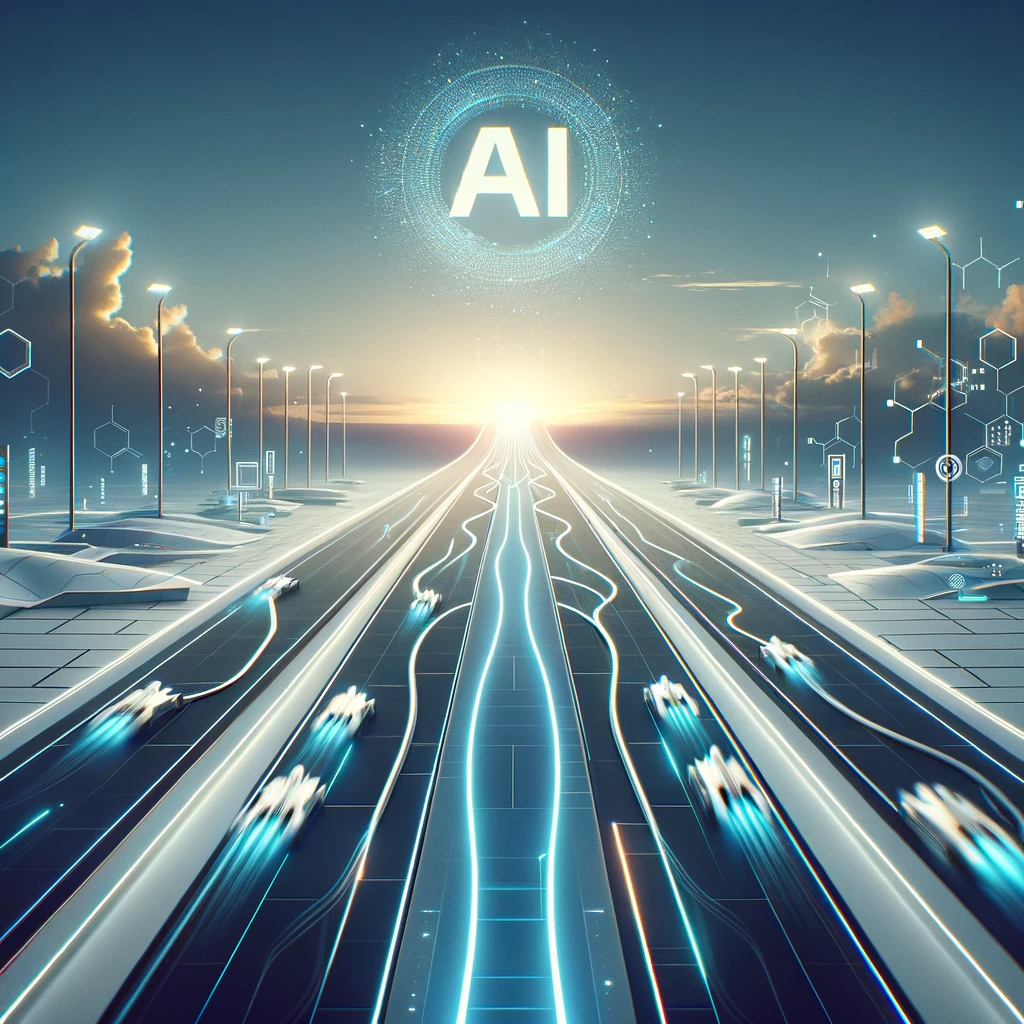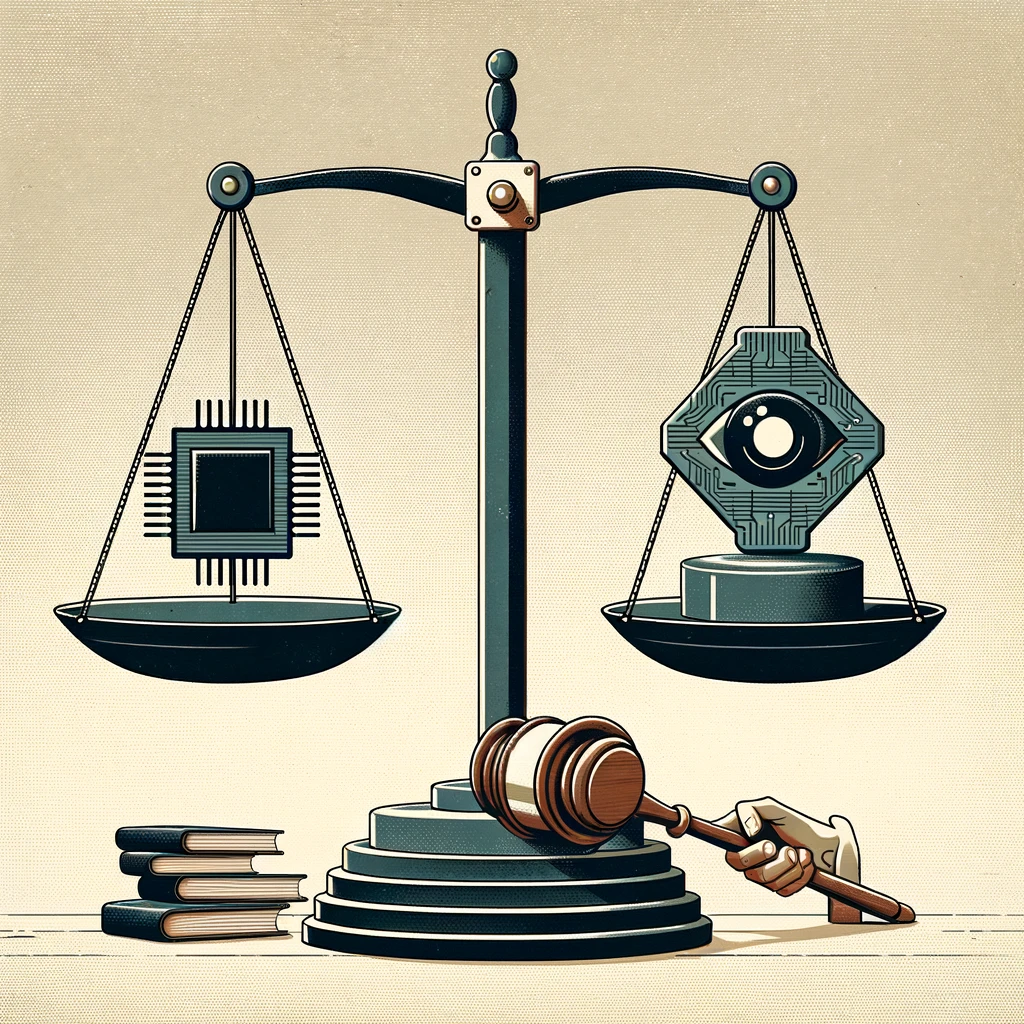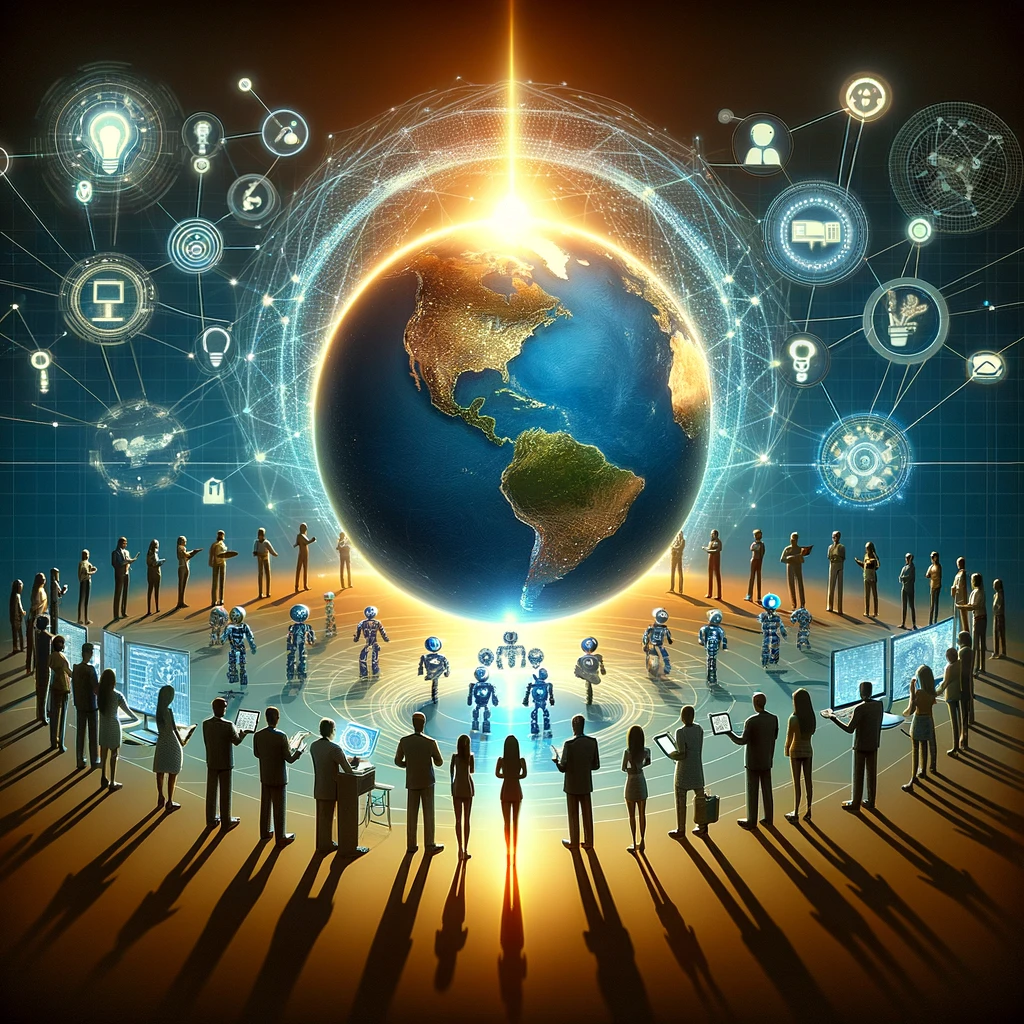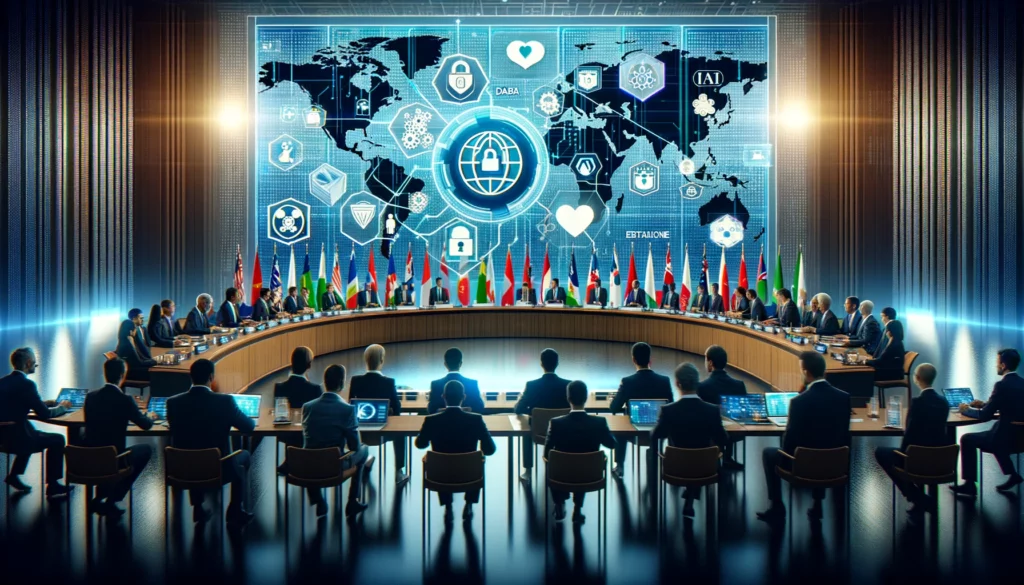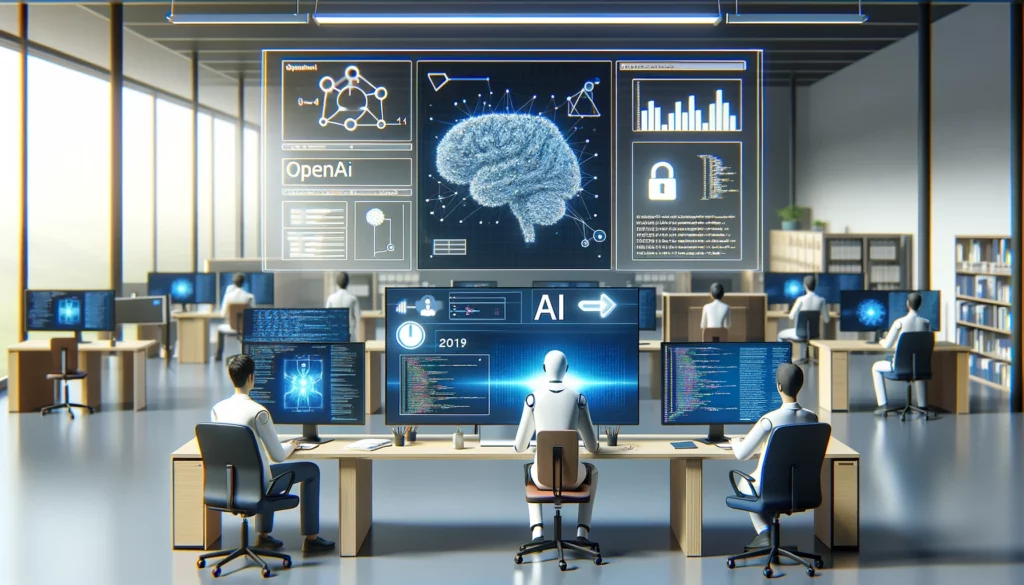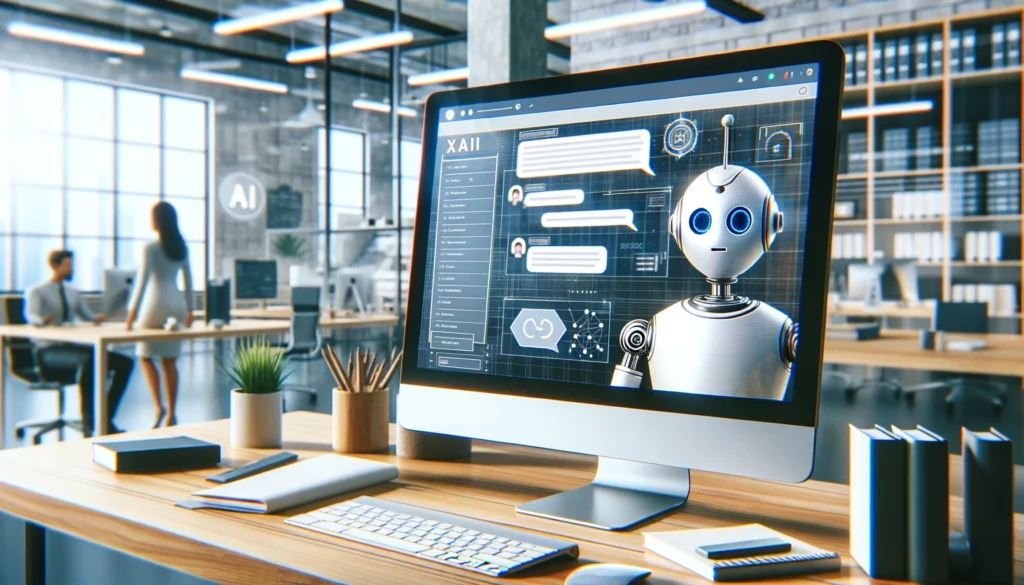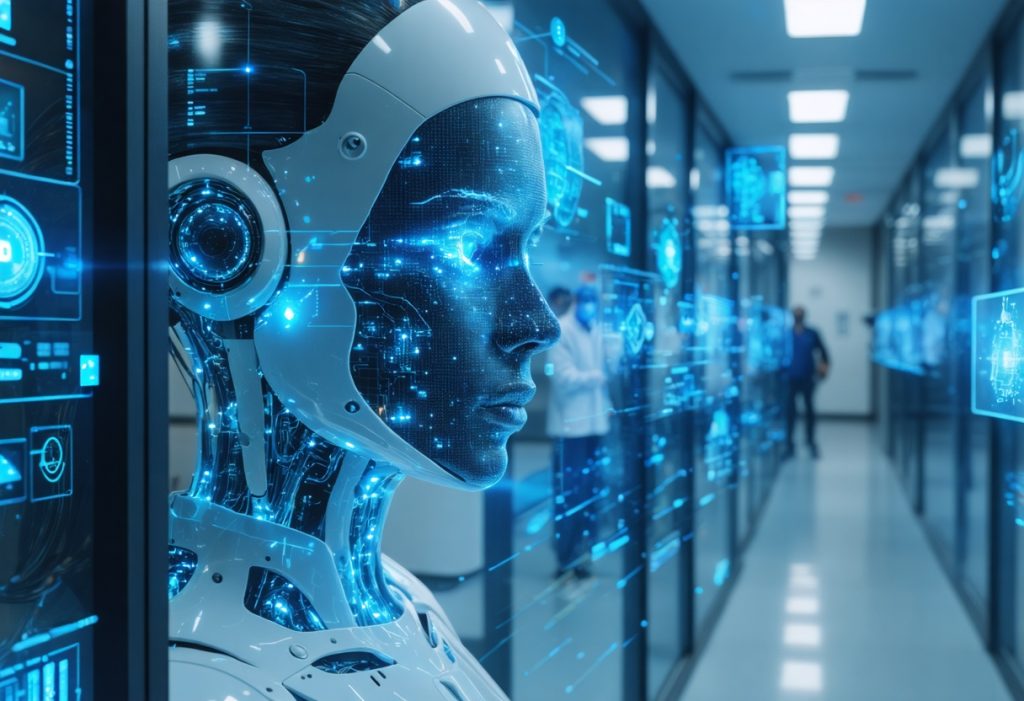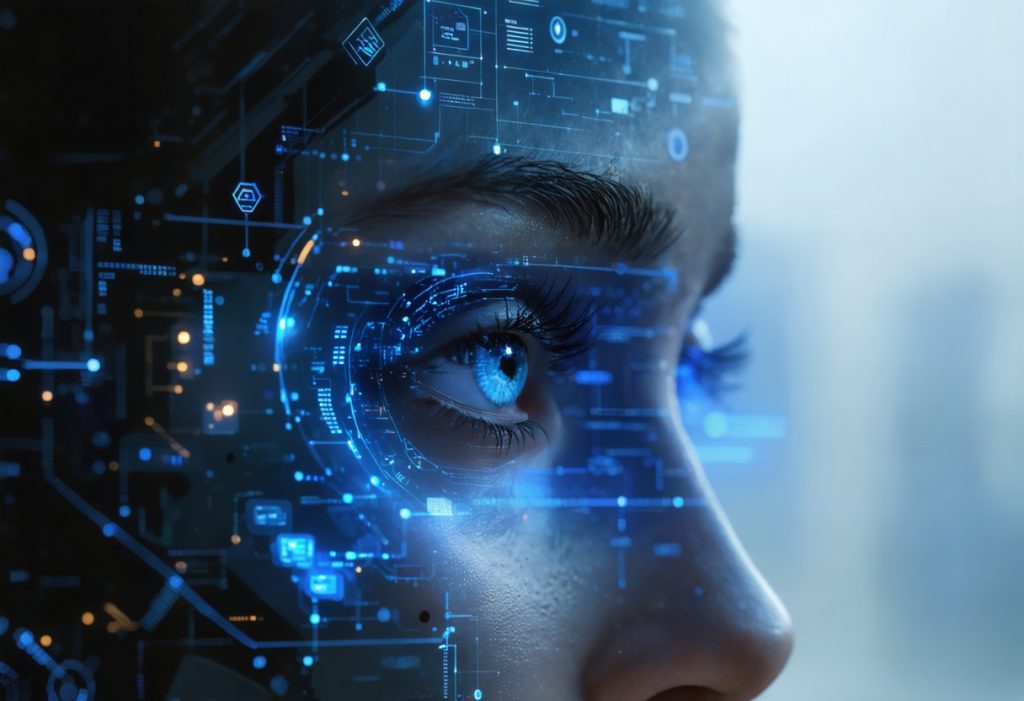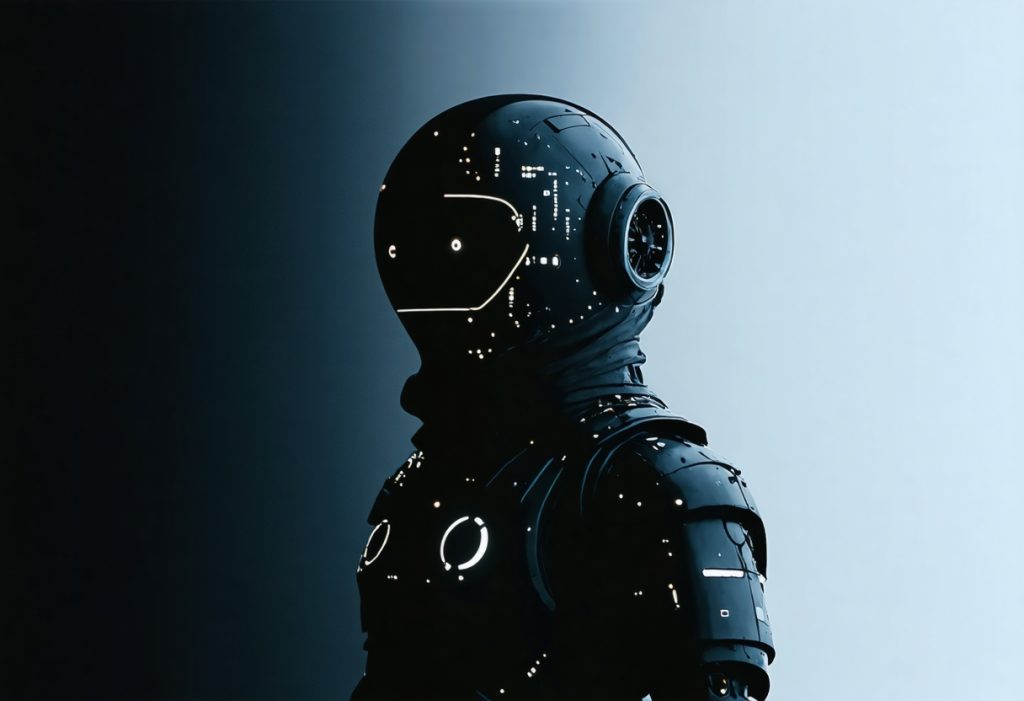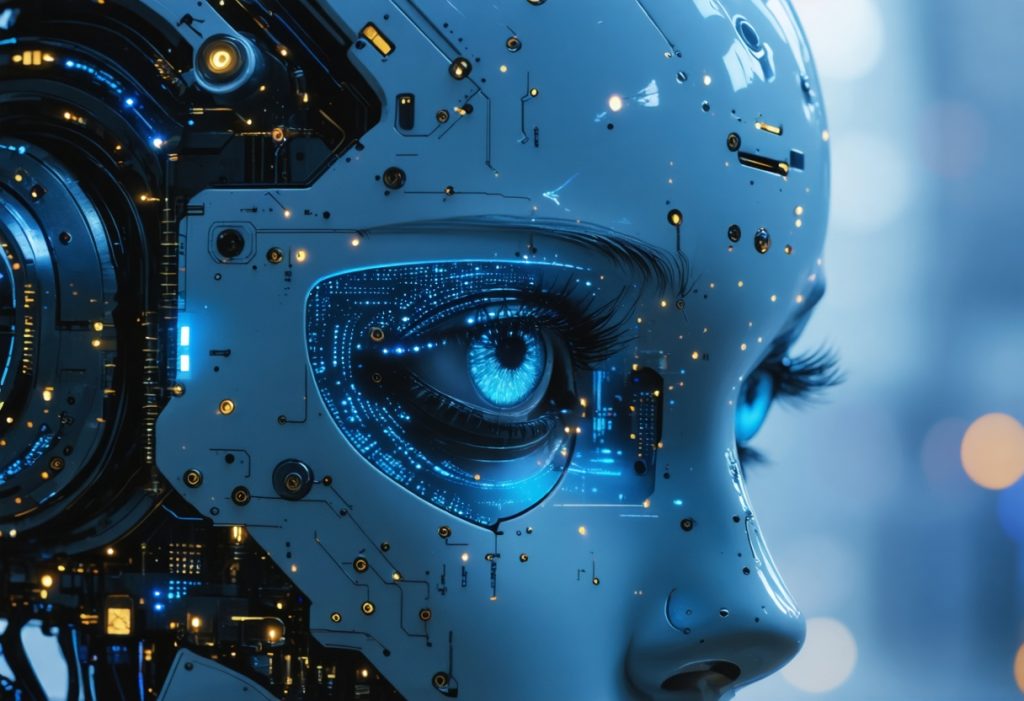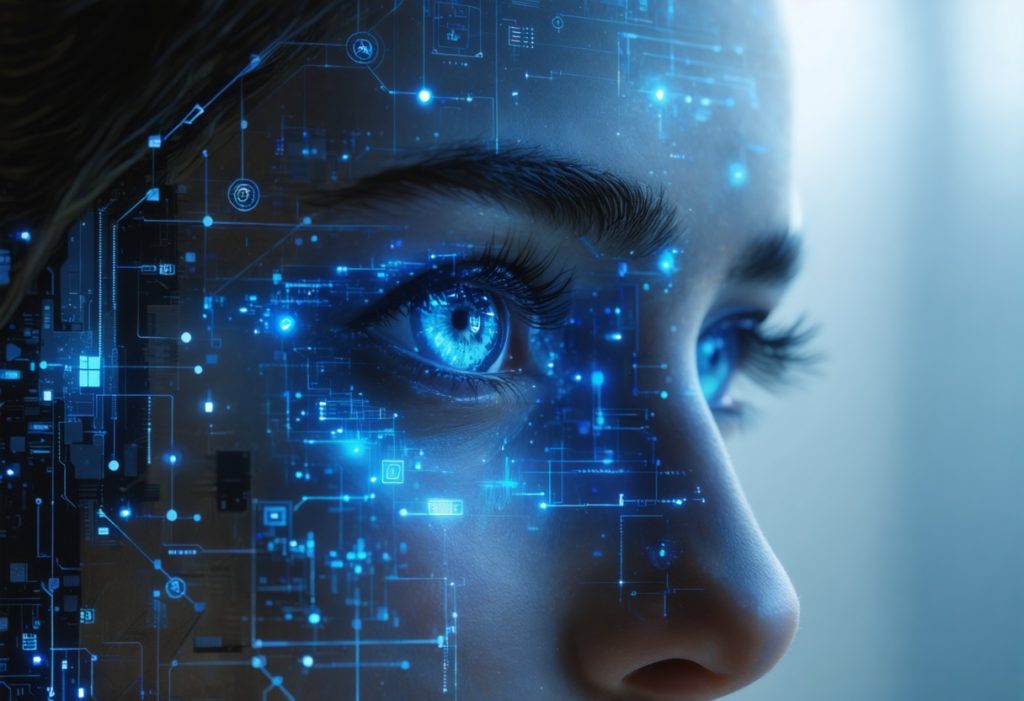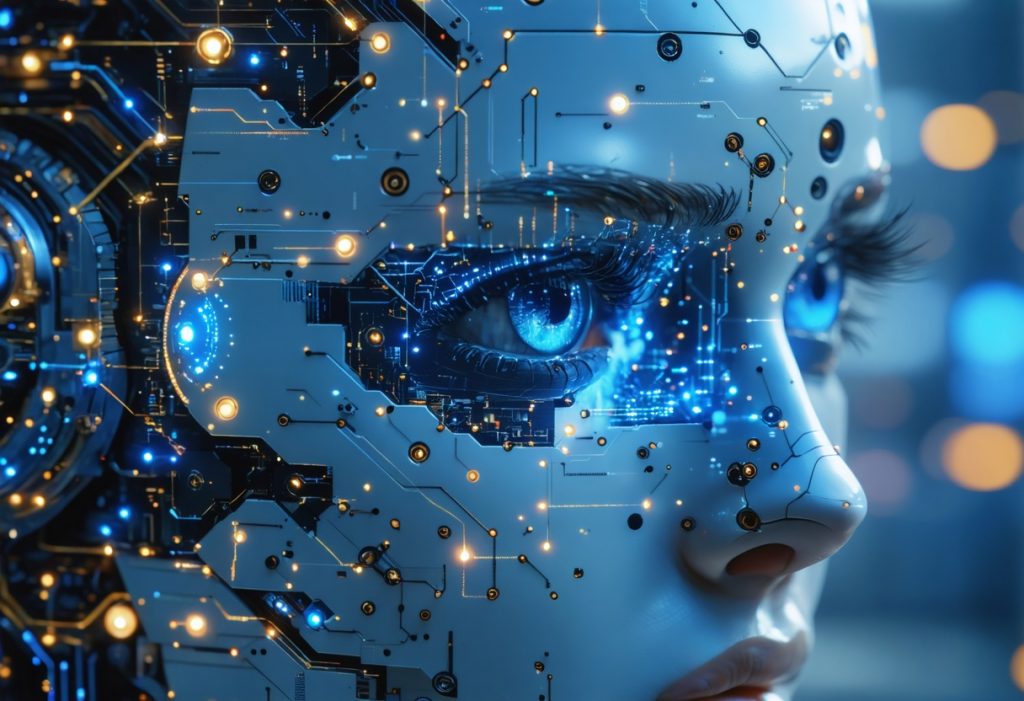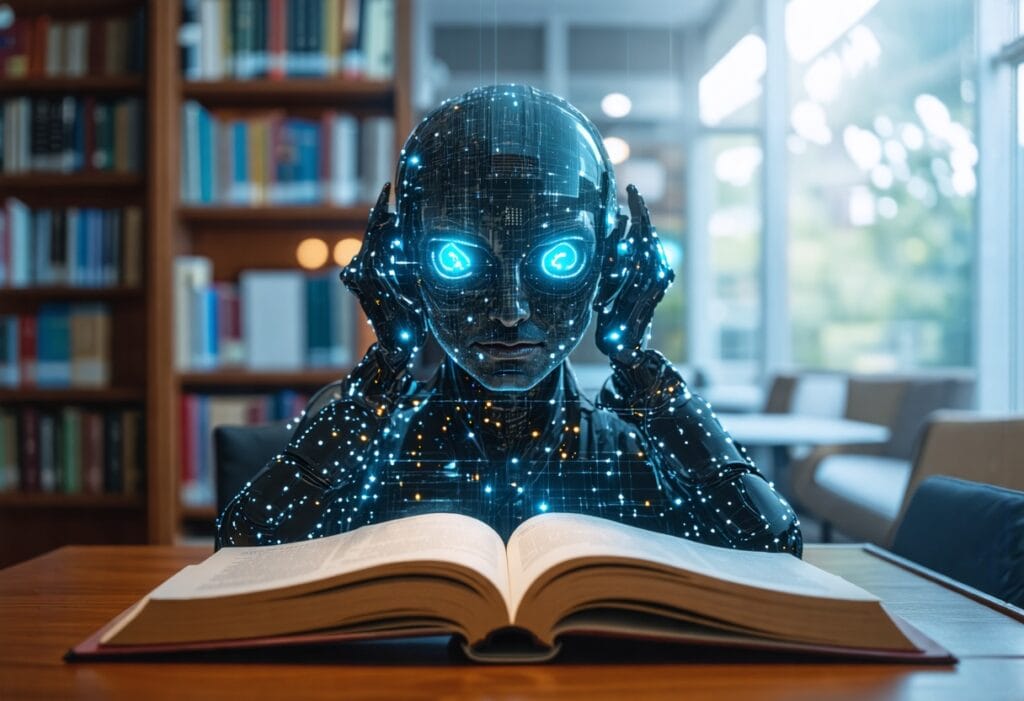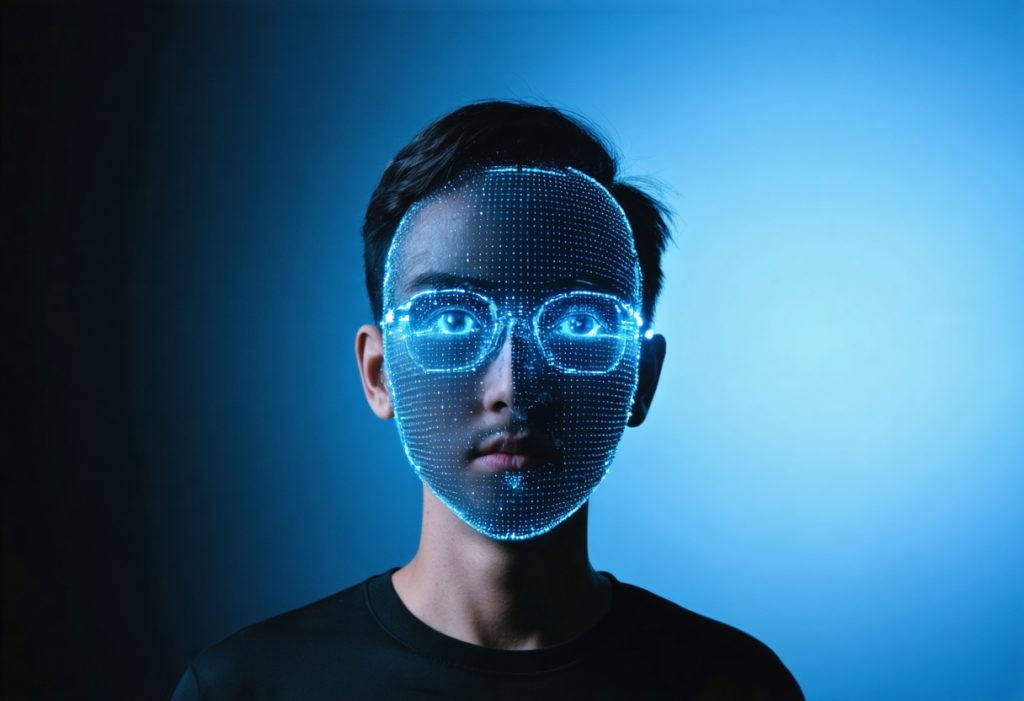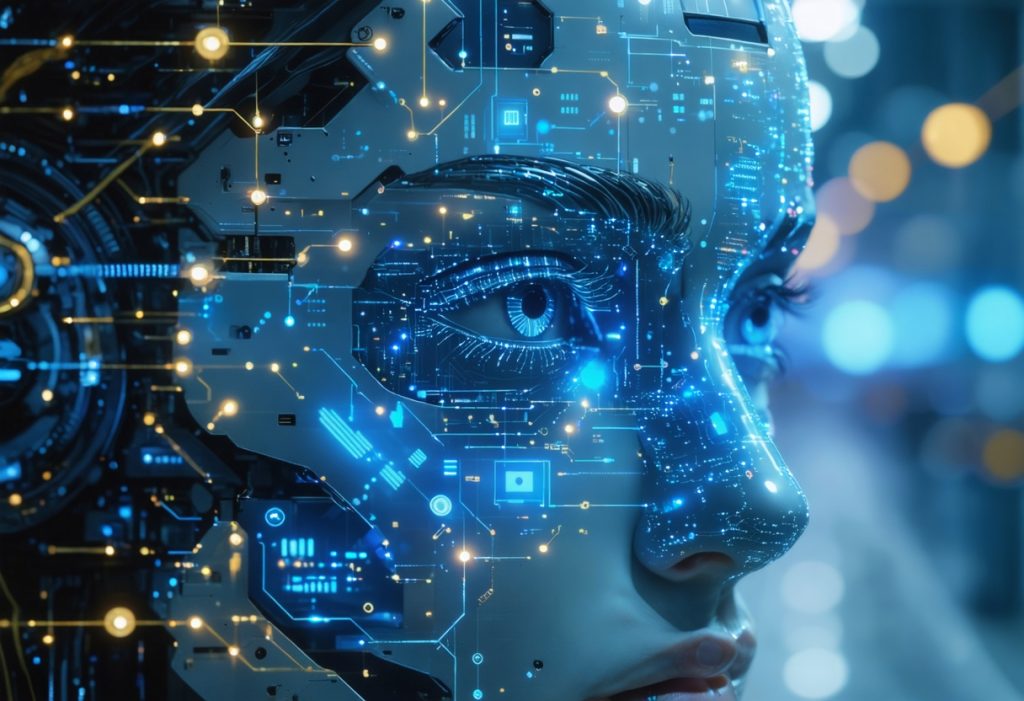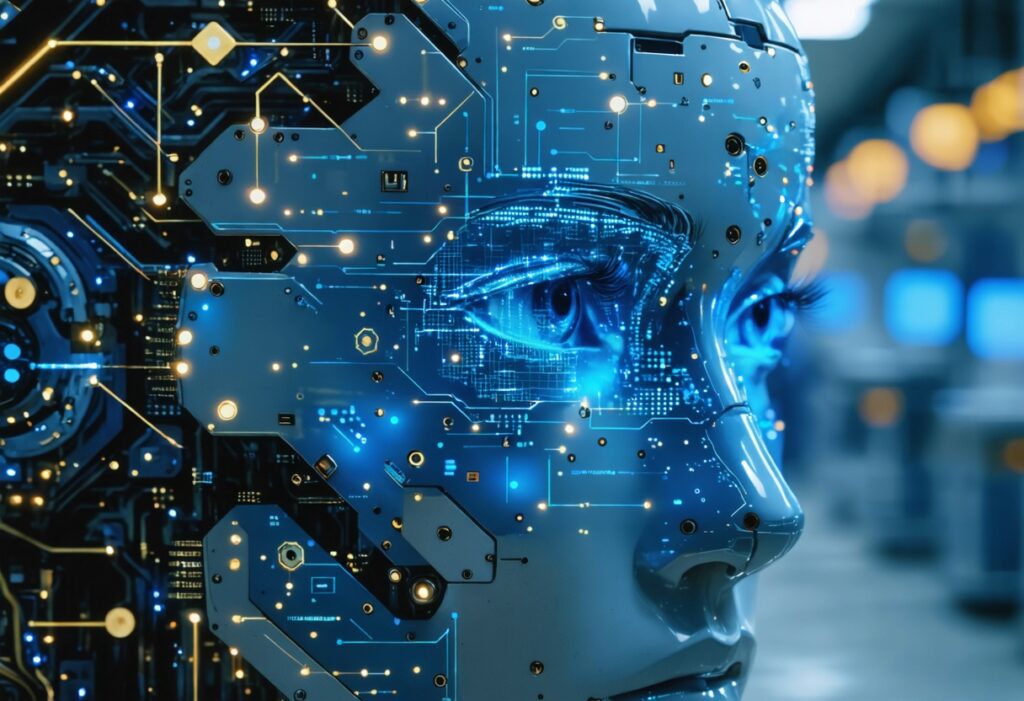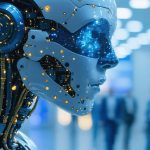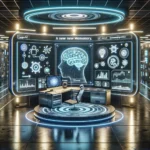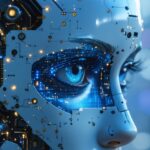Understanding AI’s Impact on Society: Essential Non-Fiction Reads
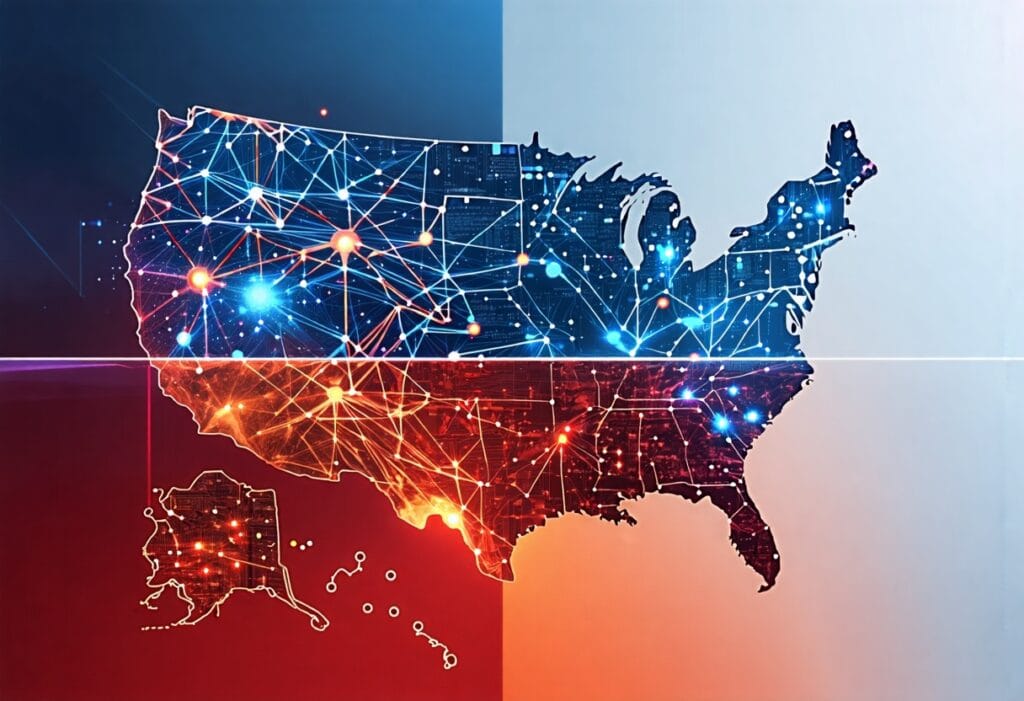
Understanding AI’s Impact on Society: Essential Non-Fiction Reads
As we navigate through the complexities of the 21st century, Artificial Intelligence (AI) stands out as a pivotal force reshaping every aspect of our lives—from revolutionizing industries to redefining societal norms. With its rapid advancements in sectors such as healthcare, finance, and education, the implications of AI’s integration into our daily routines are profound and far-reaching. Given these developments, it is crucial to delve deeper into the societal impacts of AI and to enhance our understanding through well-researched non-fiction books that explore this fascinating field.
This article will guide you through some of the most insightful and thought-provoking books focusing on AI’s influence on society. These texts not only highlight the technological advancements of AI but also discuss the ethical, economic, and philosophical questions surrounding its widespread adoption. Whether you’re seeking to understand AI’s potential threats, its ability to transform economies, or the ethical dilemmas we face, these recommended reads will provide clarity and stimulate important discussions. For those pressed for time, consider utilizing book summary apps, such as Headway, to gain a quick overview of these essential topics.
Join us as we explore the essential non-fiction titles that dissect the societal implications of AI and help us all grasp its transformative power.
Non-Fiction Books That Explore AI’s Impact on Society
As artificial intelligence continues to evolve, understanding its implications becomes crucial for all of us. Powerful narratives presented in non-fiction literature can illuminate the multifaceted nature of AI, engaging readers in critical conversations about its integration into our lives. Below is a comprehensive exploration of key titles that tackle various dimensions of AI’s impact on society—covering ethical dilemmas, economic transformations, and the future of human existence.
Superintelligence: Paths, Dangers, Strategies
In “Superintelligence: Paths, Dangers, Strategies,” Nick Bostrom delves into the theoretical frameworks surrounding the development of superintelligent AI. Bostrom argues that as AI systems become more advanced, they may surpass human intelligence, leading to unintended consequences if not managed carefully. He highlights potential scenarios where unregulated AI could pose existential risks, advocating for strategies to align AI’s growth with human values. This book is essential for readers interested in exploring the philosophical and ethical ramifications of AI advancements as we stand on the precipice of a new era.
AI Superpowers: China, Silicon Valley, and the New World Order
Kai-Fu Lee’s “AI Superpowers” presents an illuminating perspective on the geopolitical landscape of AI. The author compares the AI advancements of China and the United States, assessing how each nation’s strategies, cultural attributes, and economic frameworks influence their AI trajectories. Lee posits that China has a unique advantage due to its data policies and investment in AI technologies, potentially shifting global economic dominance. This title is particularly valuable for those curious about the interplay between technology, politics, and economics in shaping our world.
Life 3.0: Being Human in the Age of Artificial Intelligence
Max Tegmark’s “Life 3.0” investigates the implications of AI on personal identity, creativity, and societal structures. He introduces the concept of “Life 3.0,” suggesting a future where AI profoundly influences the trajectory of humanity. Tegmark argues for the necessity of establishing ethical guidelines to steer the development of AI technologies, emphasizing the need for a collaborative approach to decision-making. This thought-provoking read is ideal for individuals eager to explore the broader human condition in an AI-dominated landscape.
The Fourth Industrial Revolution
Klaus Schwab’s “The Fourth Industrial Revolution” articulates the profound transformations currently reshaping our world, driven largely by technological innovations, including AI. Schwab contextualizes AI as a pivotal player in this fourth industrial revolution, linking it to previous historical shifts. He argues that the integration of AI into various sectors—such as healthcare, manufacturing, and finance—will bring both opportunities and challenges. Readers interested in understanding how AI will influence future economic and technological landscapes will find this book insightful.
Weapons of Math Destruction: How Big Data Increases Inequality and Threatens Democracy
Cathy O’Neil’s “Weapons of Math Destruction” sheds light on the dark side of AI and big data, illustrating how algorithms can inadvertently exacerbate societal inequalities. O’Neil discusses examples of flawed mathematical models in areas such as education, finance, and social justice that can lead to harmful consequences for marginalized communities. This book serves as a wake-up call for readers concerned about the ethical implications of AI, empowering them to question the transparency and accountability of algorithms that govern their lives.
The Age of Em: Work, Love, and Life when Robots Rule the Earth
In “The Age of Em,” Robin Hanson explores a speculative future where emulated human brains dominate society, operating within a robotic framework. Through imaginative scenarios, he examines the economic and social structures that might emerge when programmed brain emulations—referred to as “Ems”—become commonplace. Hanson’s work invites readers to consider not only the technical aspects of such a reality but also its implications for human relationships, workplace dynamics, and personal identity. This novel perspective is engaging for futurists and technology enthusiasts alike.
Architects of Intelligence: The Truth about AI from the People Building It
Martin Ford’s “Architects of Intelligence” offers firsthand insights from luminaries in the AI field. Through interviews with AI pioneers, Ford captures a spectrum of opinions on AI’s potential to redefine industries and the ethical dilemmas that accompany such changes. This book is particularly enlightening for those who wish to gain perspectives directly from the creators behind AI technologies, understanding their motivations, fears, and visions for the future. It serves as a compelling resource for readers eager to connect the theoretical with the practical aspects of AI development.
Exploring Ethical Implications of AI
Understanding AI’s impact on society necessitates a deep dive into its ethical implications. Many of the aforementioned texts grapple with questions of moral responsibility, accountability, and the potential for biases embedded in AI systems. Readers are encouraged to critically assess the ethical dimensions of AI technologies to ensure their implementation serves humanity positively and equitably.
The Economic Transformations Driven by AI
The potential of AI to disrupt traditional economic models is another significant theme across these texts. From job displacement to the creation of new sectors, the landscape of work is destined to evolve. Analyzing these transformations can prepare individuals and organizations to adapt and thrive in a rapidly changing world. As AI continues to expand its capabilities, the need for adaptable skills and lifelong learning becomes increasingly important.
The Future of Human Existence with AI
The prospect of AI fundamentally altering the human experience invites contemplation of various futures. Whether envisioning enhanced collaboration between humans and machines or grappling with the challenges of autonomy and control, these discussions urge readers to reflect on what it means to be human in an AI-infused world. Engaging with the ideas presented in these books can equip individuals to participate meaningfully in shaping the future of humanity amidst the rise of intelligent machines.
Embrace the Dialogue on AI’s Societal Transformation
As Artificial Intelligence continues to permeate our daily lives, understanding its societal implications is not just beneficial—it is essential. The non-fiction books highlighted in this article provide a vital lens through which we can explore the multi-dimensional impact of AI, from its ethical dilemmas to its economic ramifications. Engaging with these texts allows readers to participate in the important conversations surrounding AI development and its role in shaping our future.
By delving into these insightful works, readers can gain critical knowledge that empowers them to weigh the benefits and challenges of AI technologies. This journey through literature not only enhances individual understanding but also enables a collective dialogue on the transformative power of AI. As we stand at the crossroads of technological advancement, it is crucial to foster an informed, ethical, and forward-thinking approach to the integration of AI in society. Through reading and reflection, we can better prepare for the changes that lie ahead and ensure that the evolution of AI aligns with our core human values.
Embrace the opportunity to educate yourself and others about AI’s profound effects, and consider how these insights can inform your views and actions in navigating this rapidly changing landscape. Start your exploration today—your future self will thank you.
